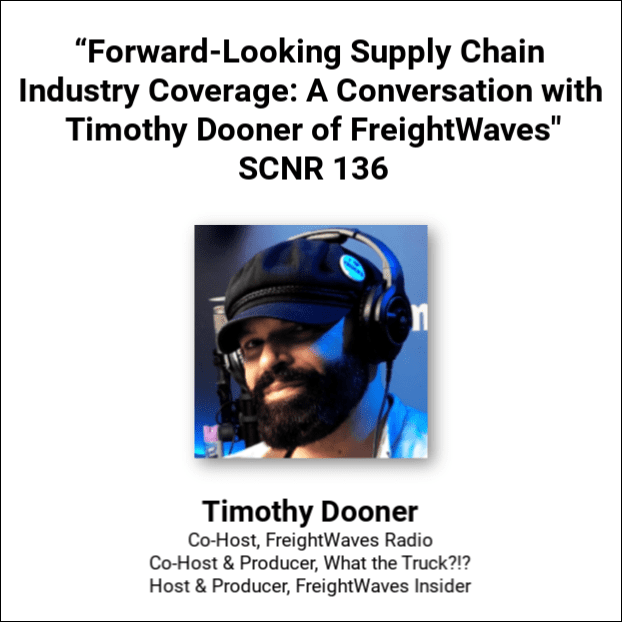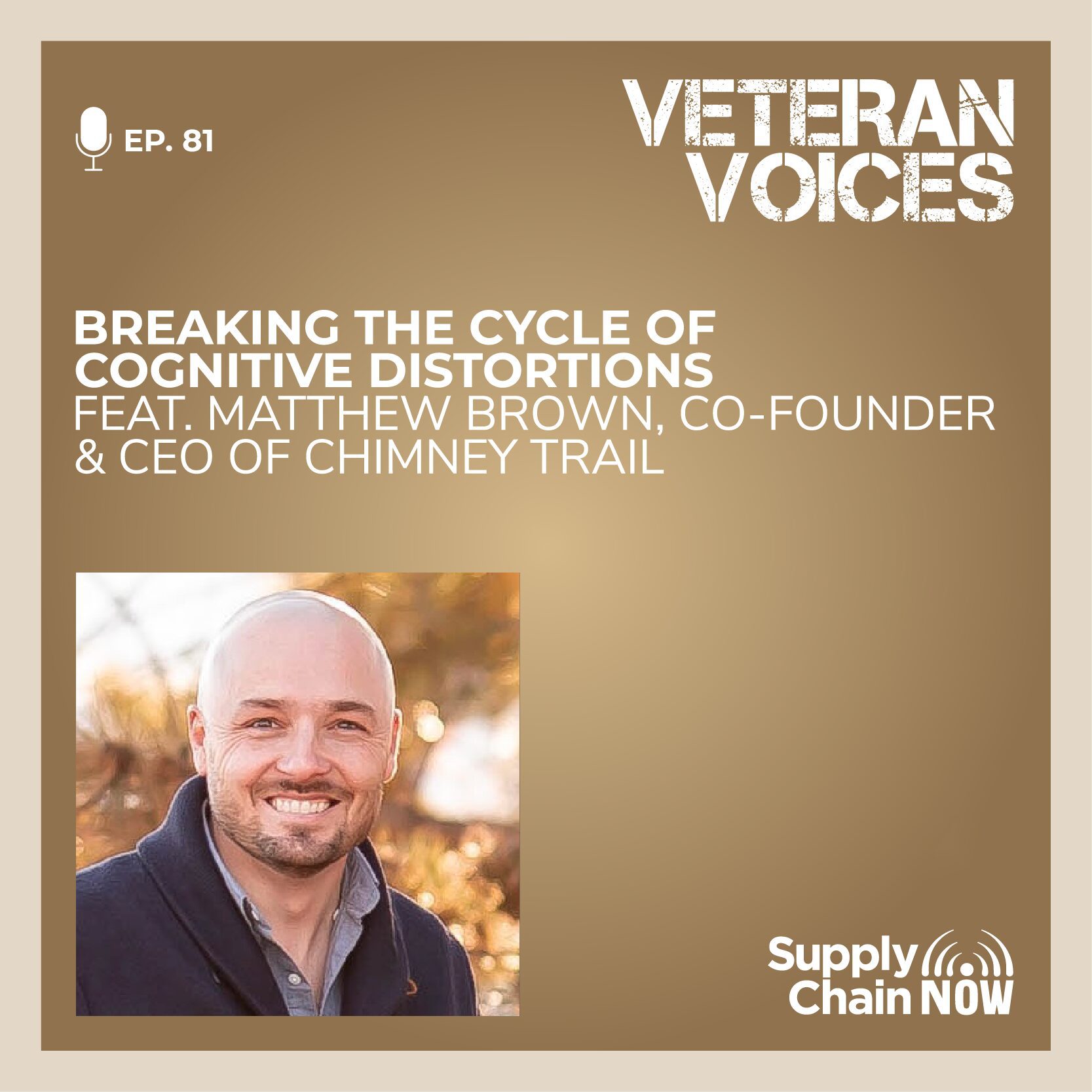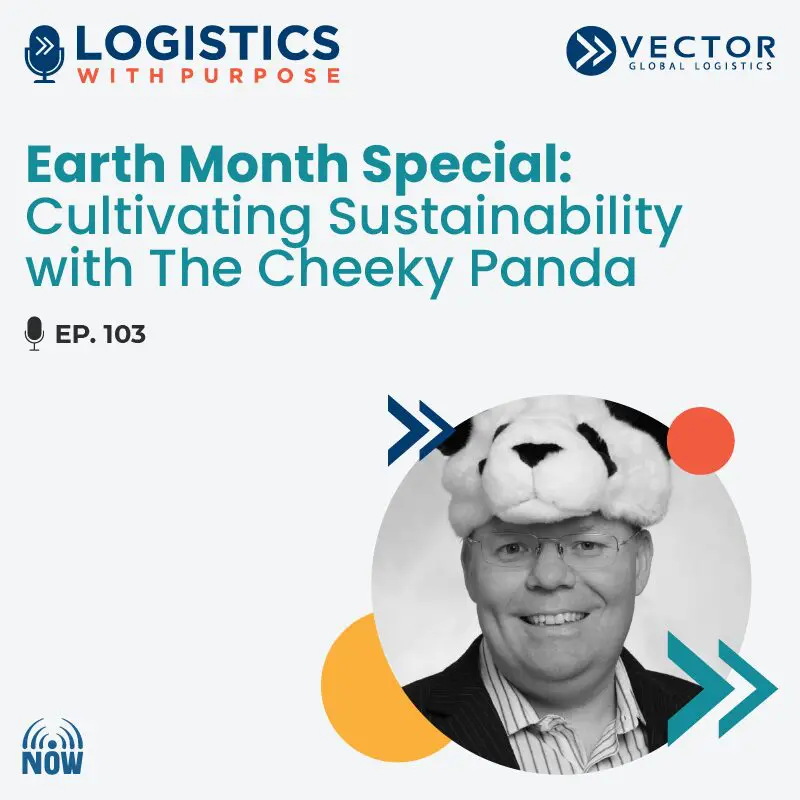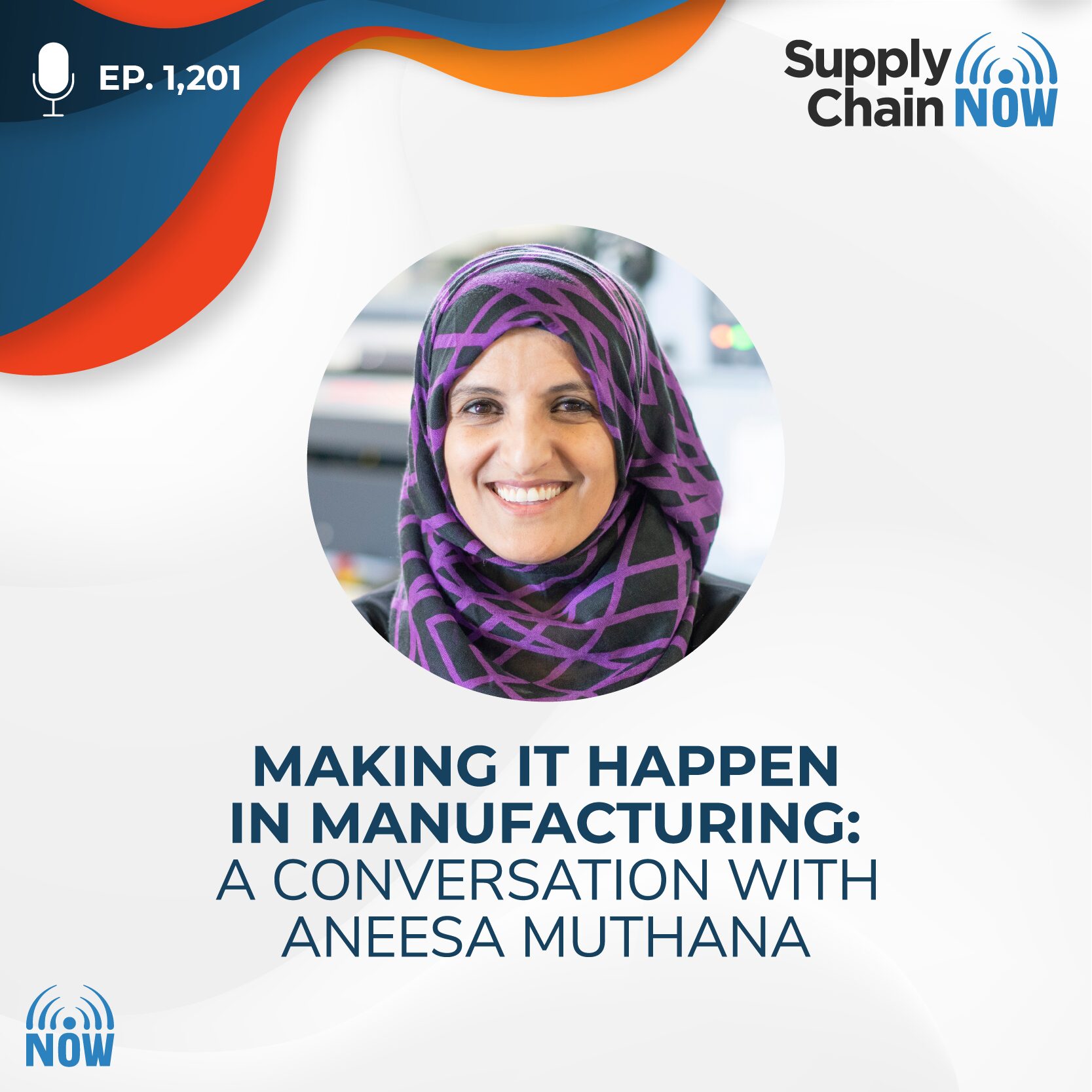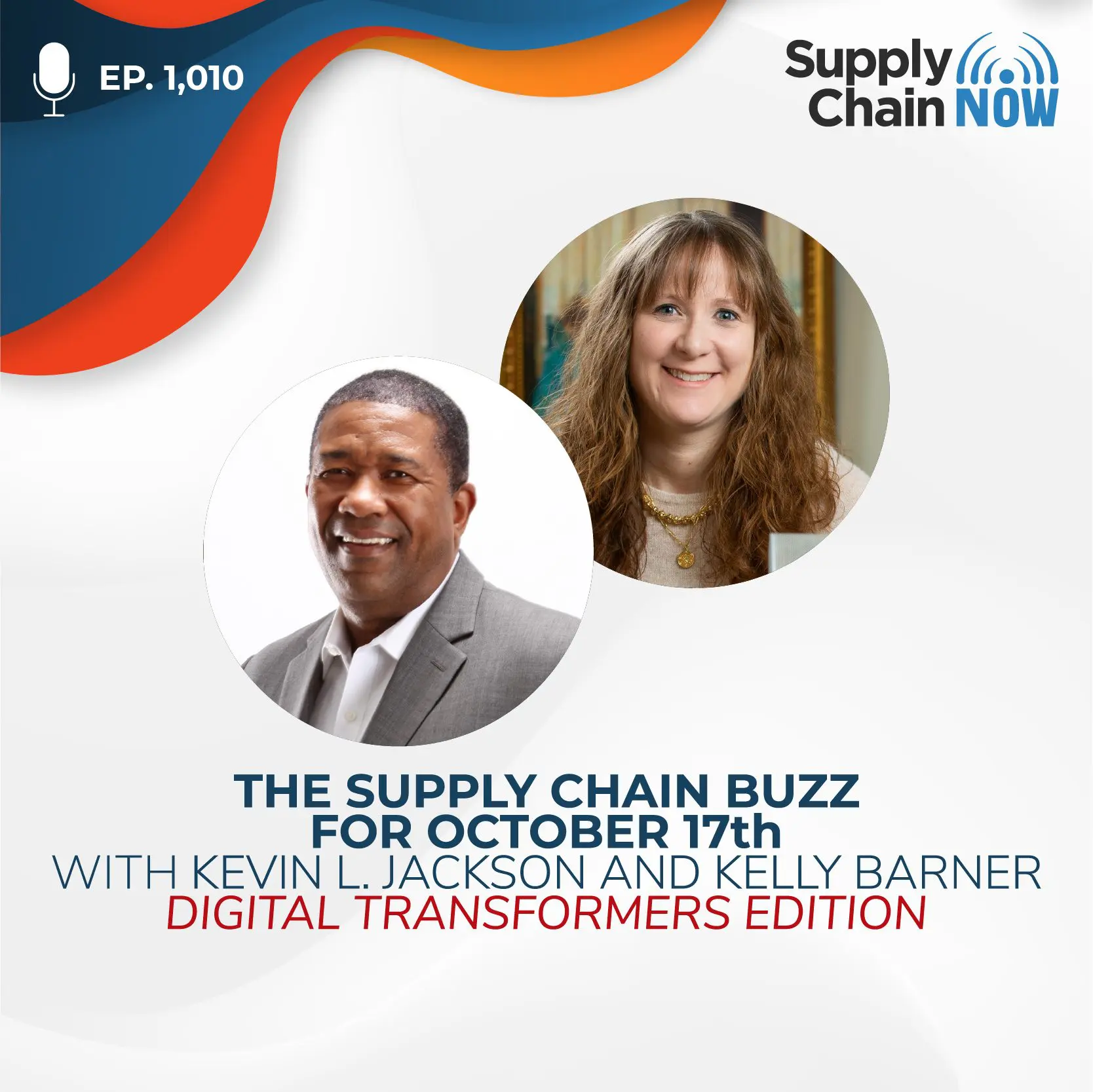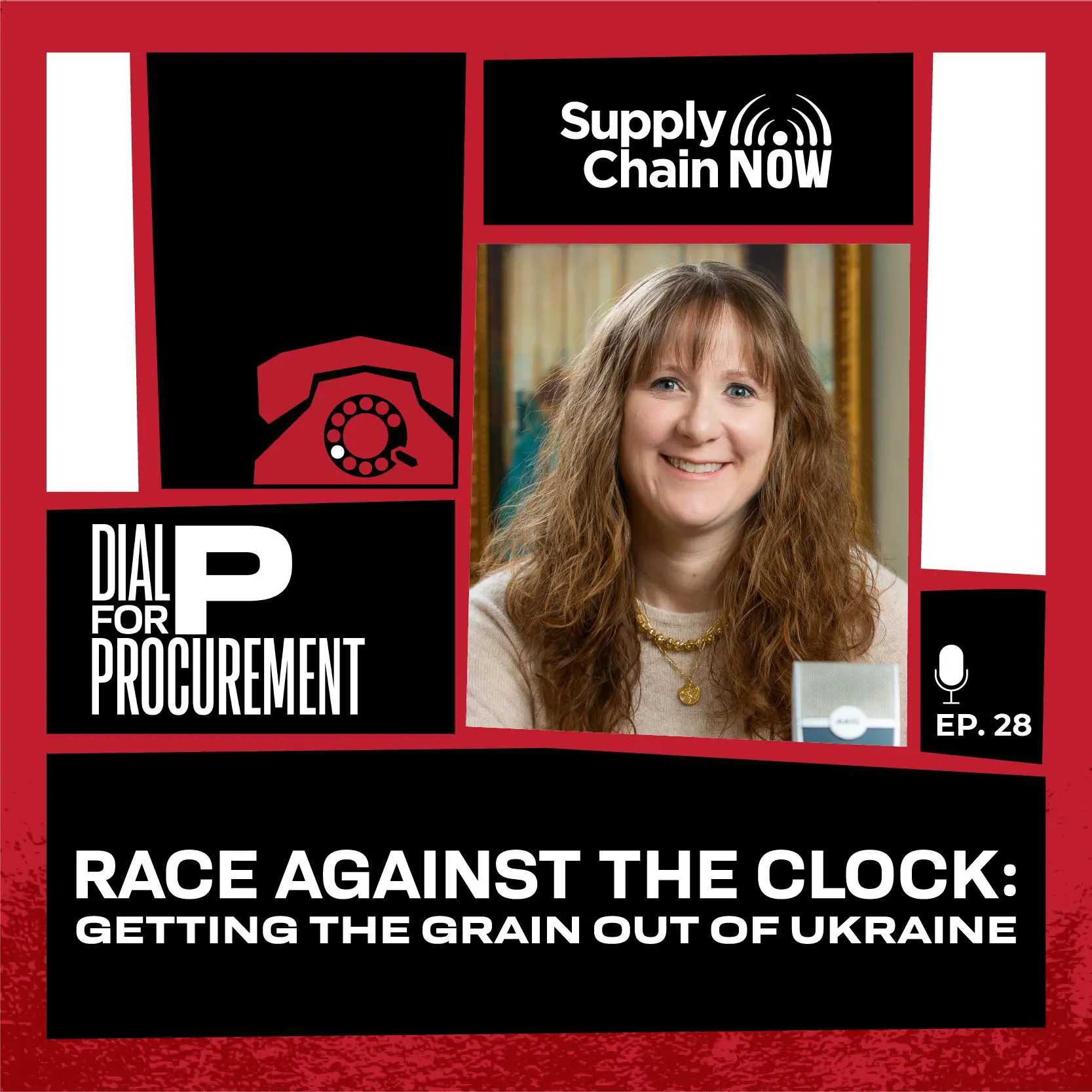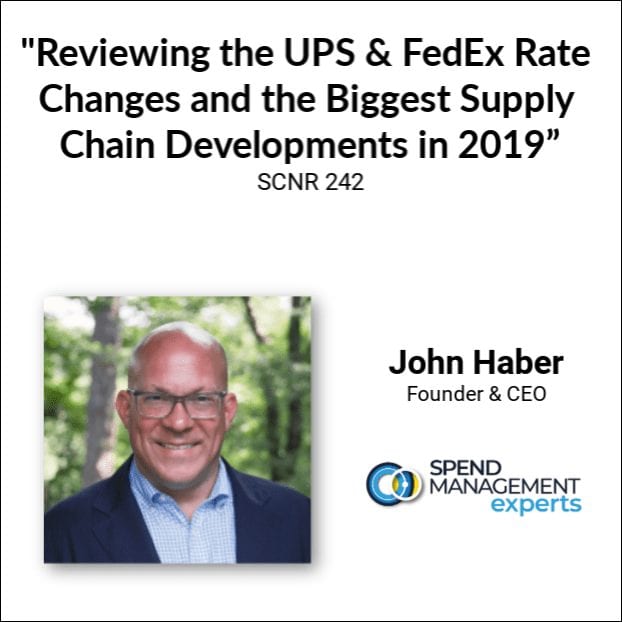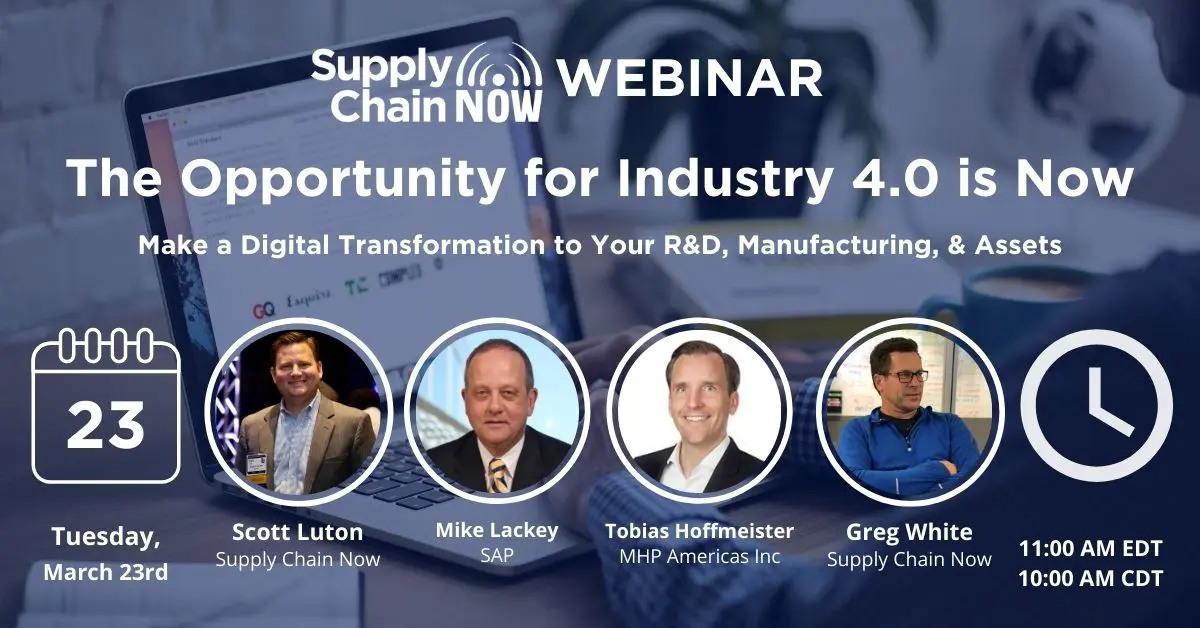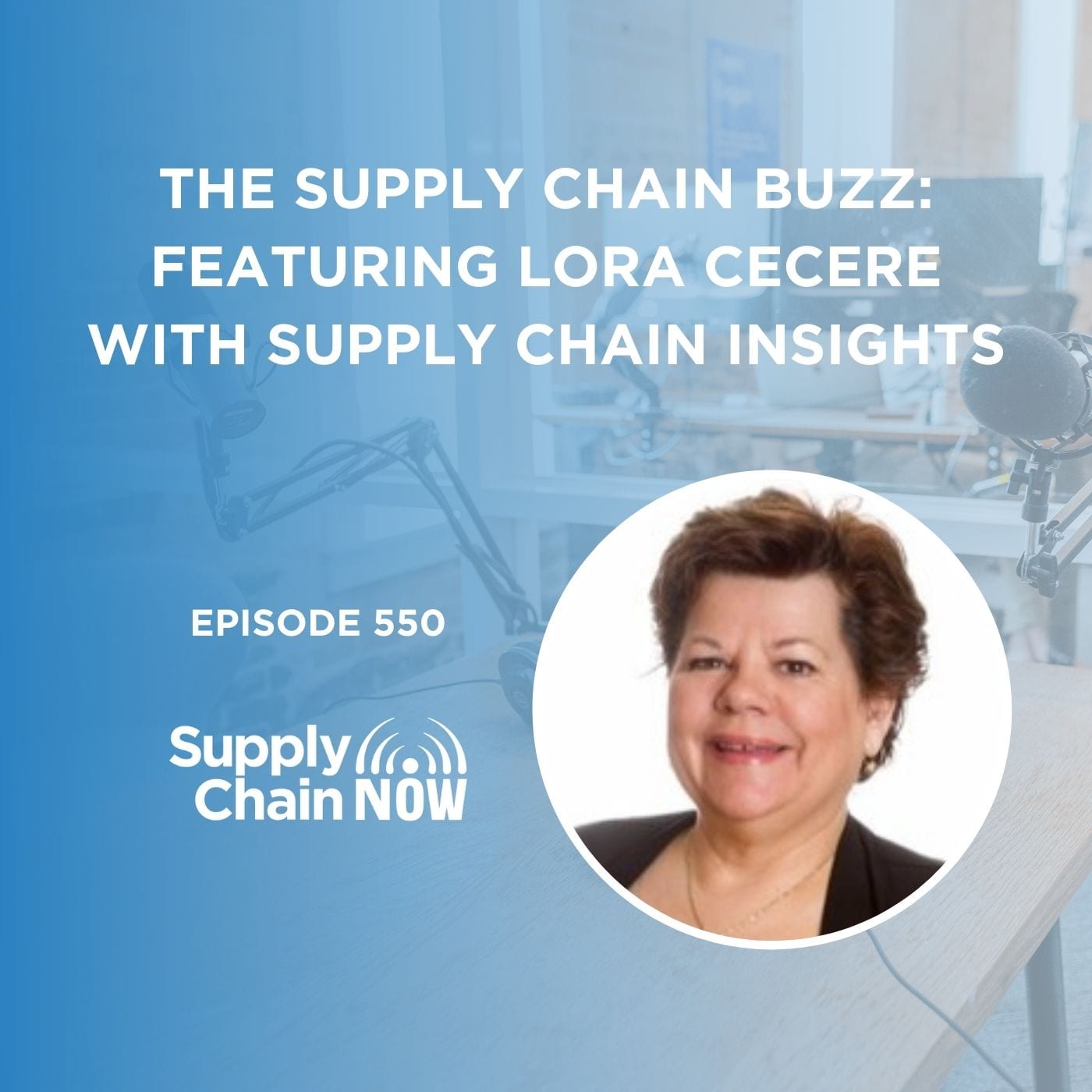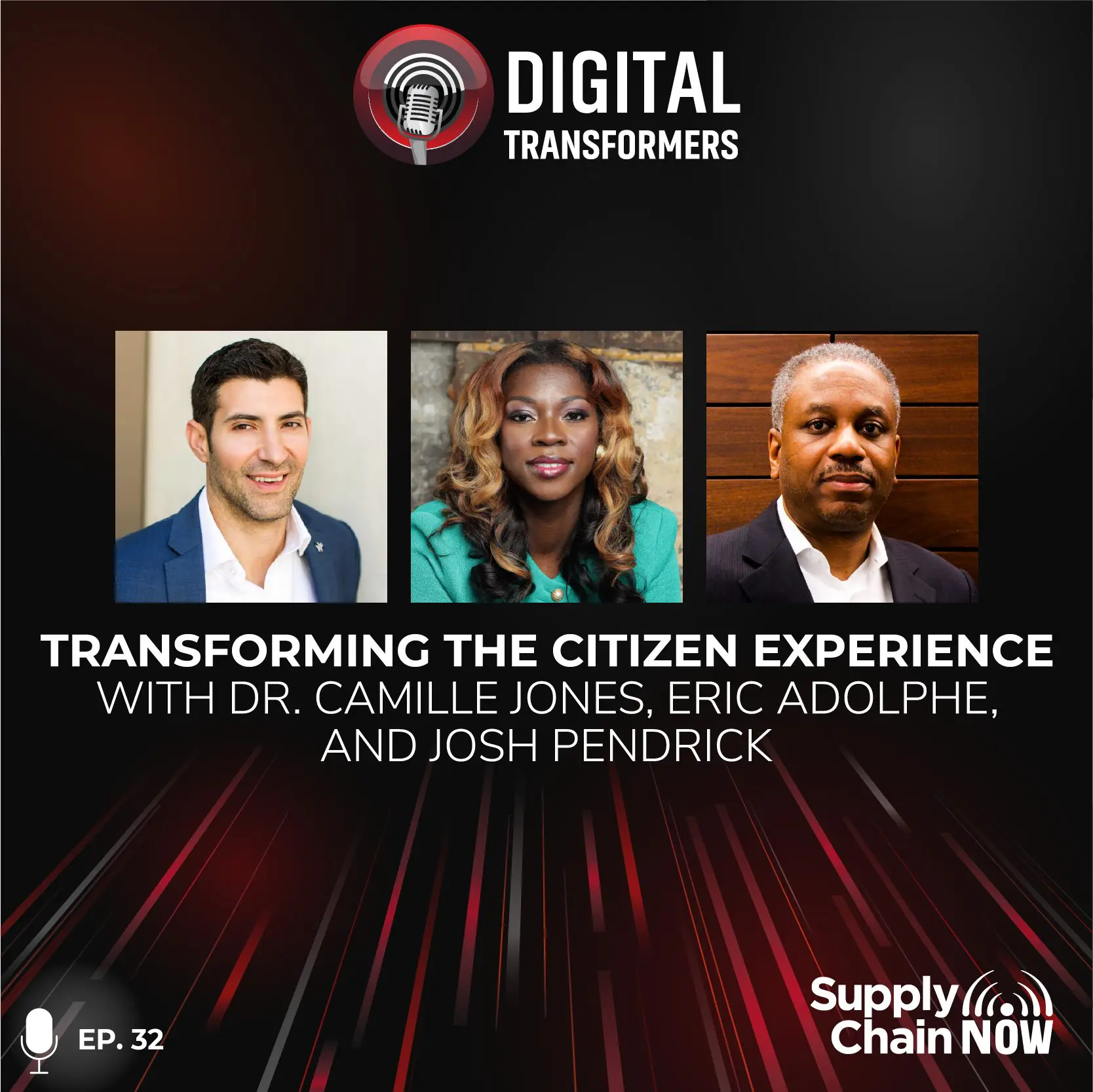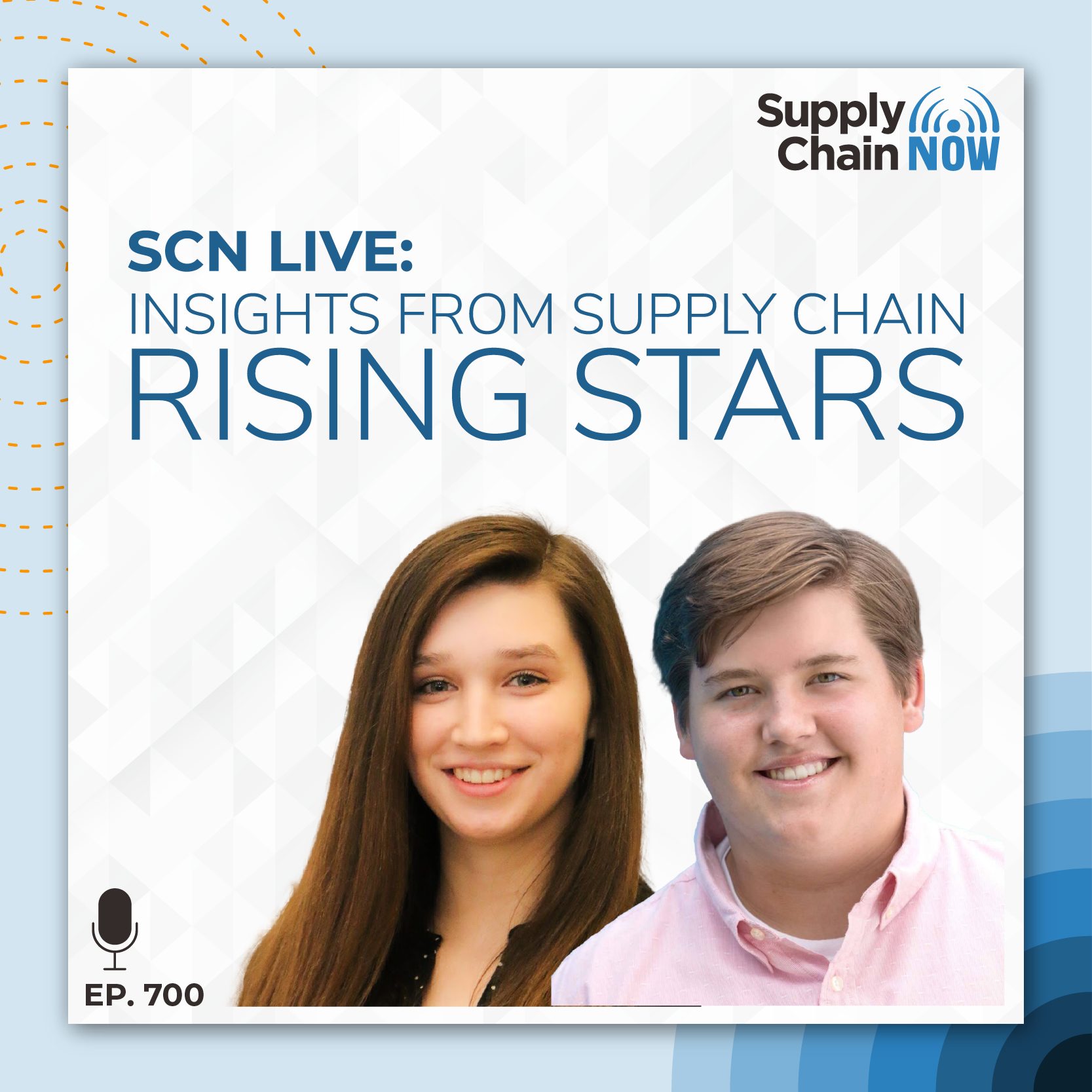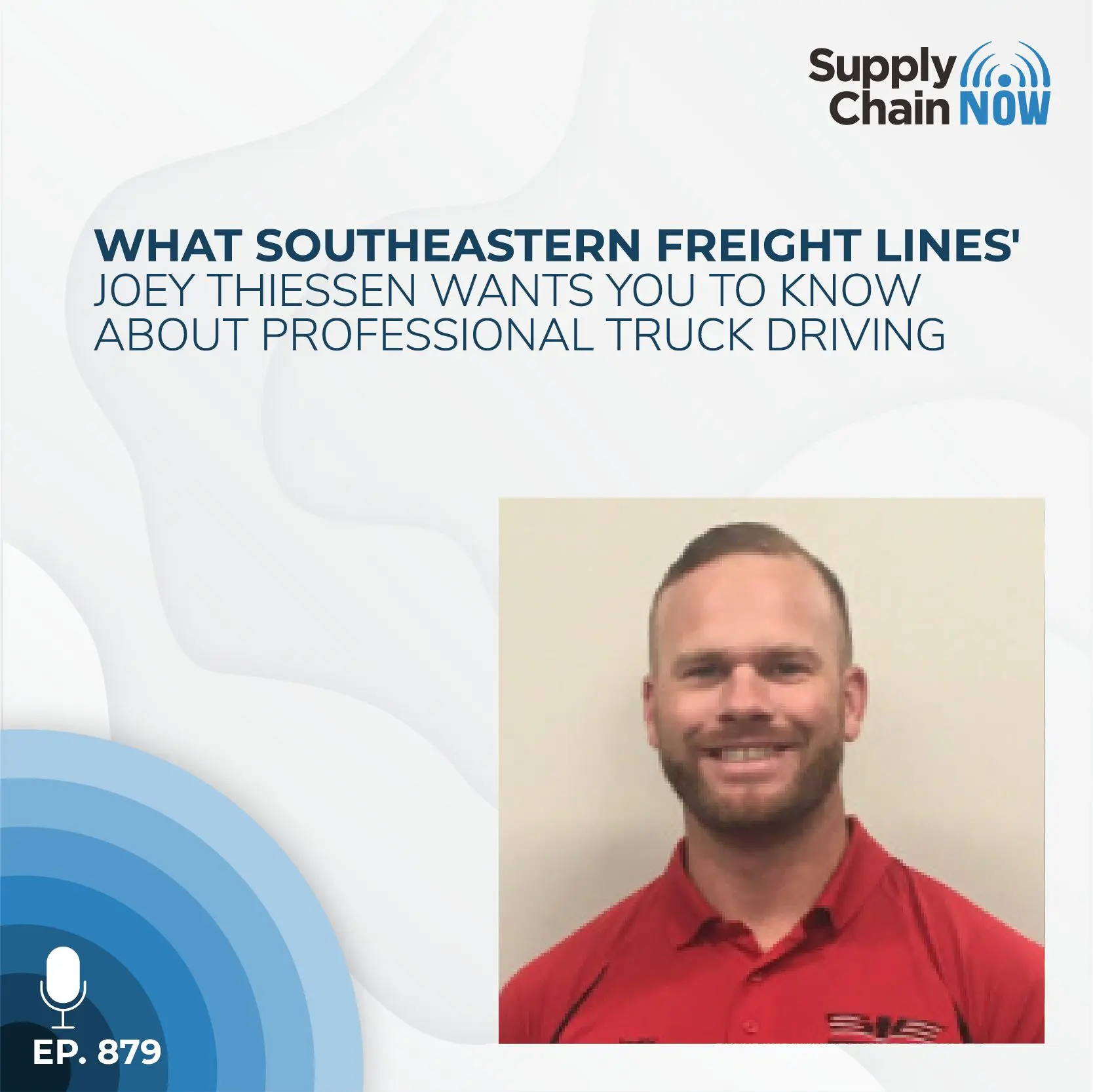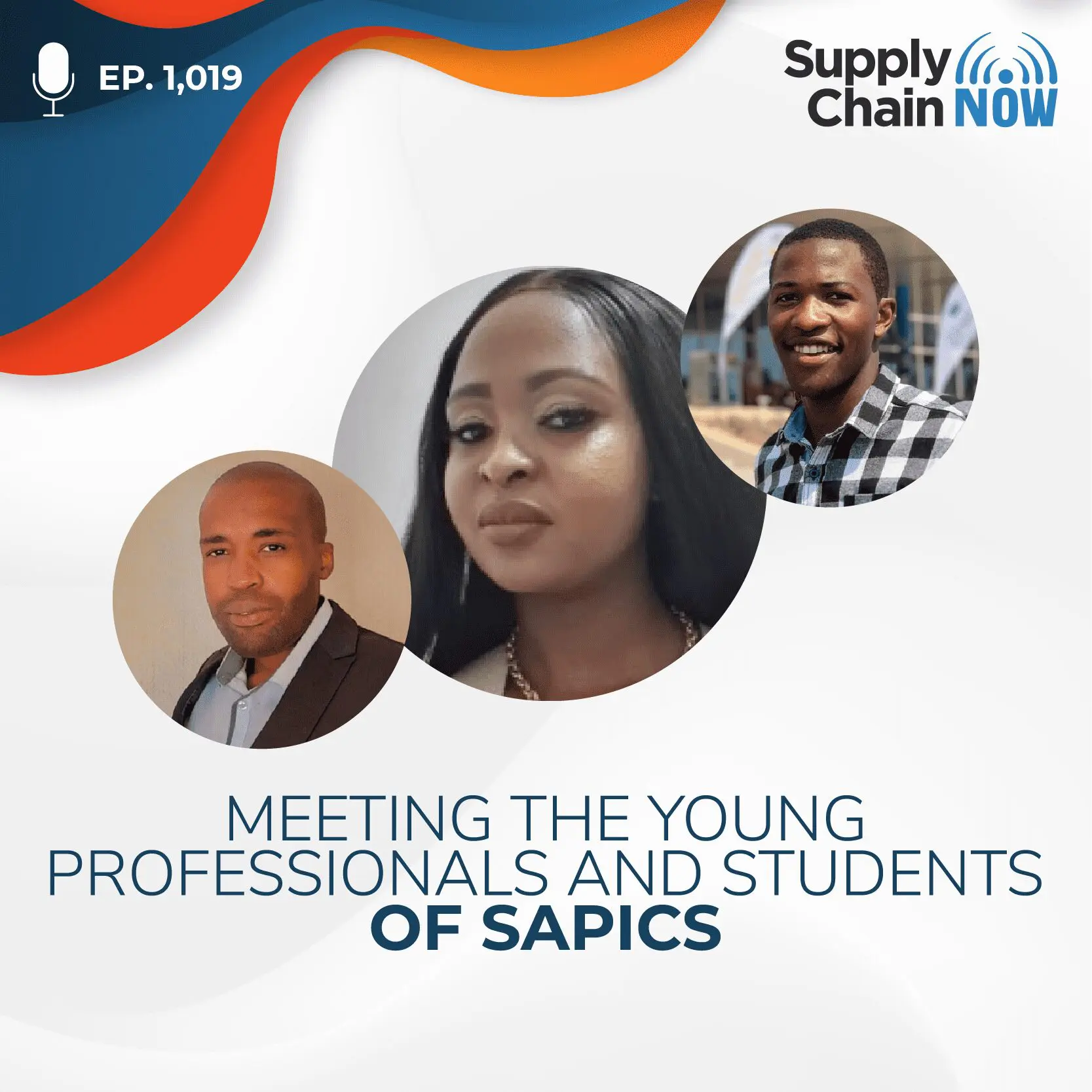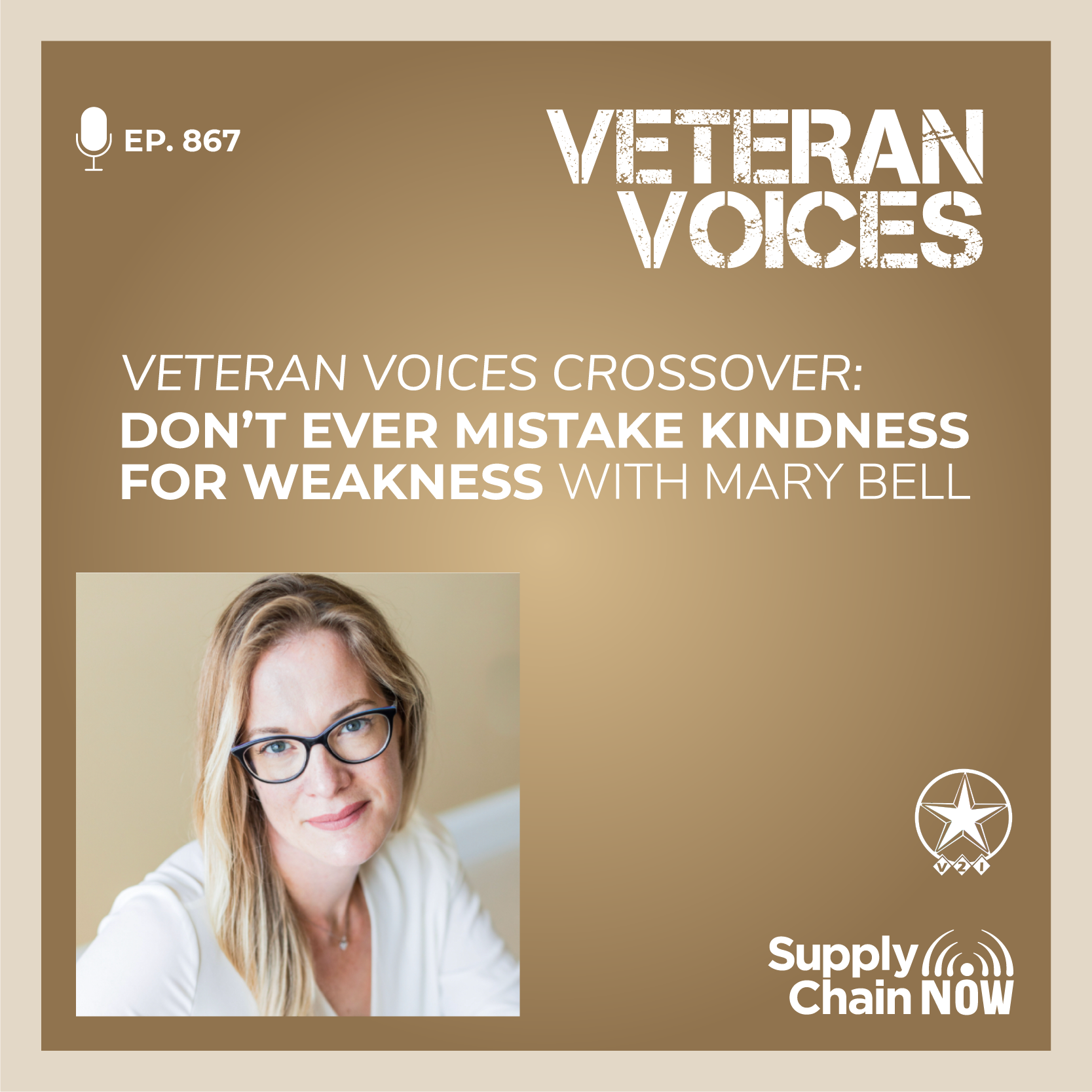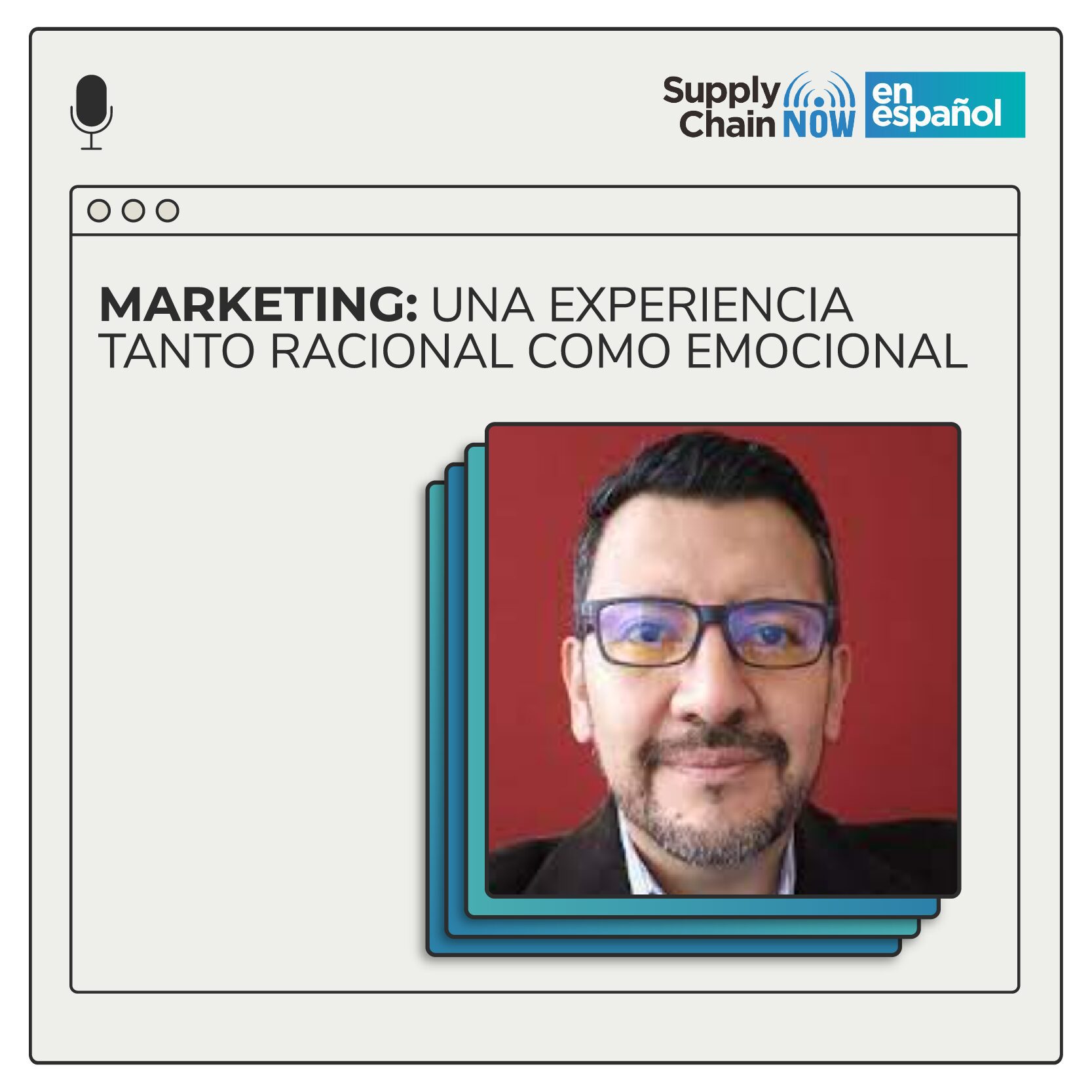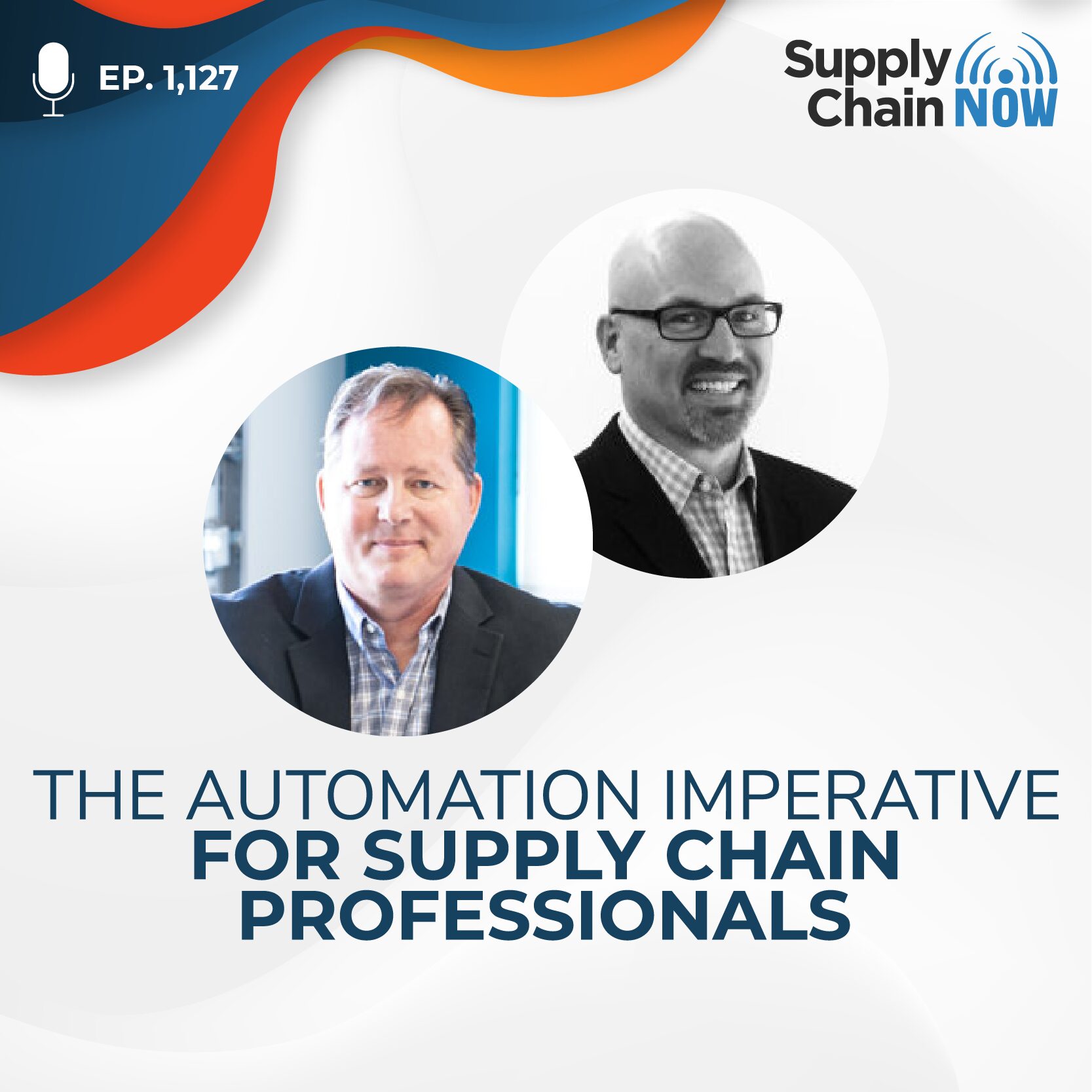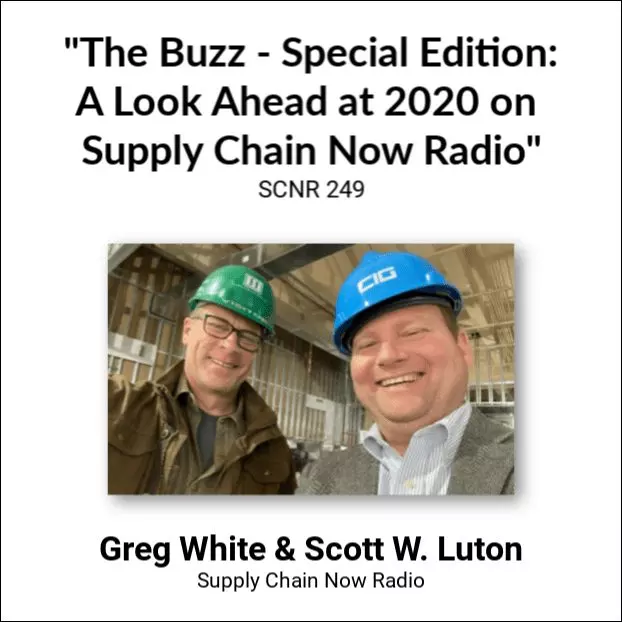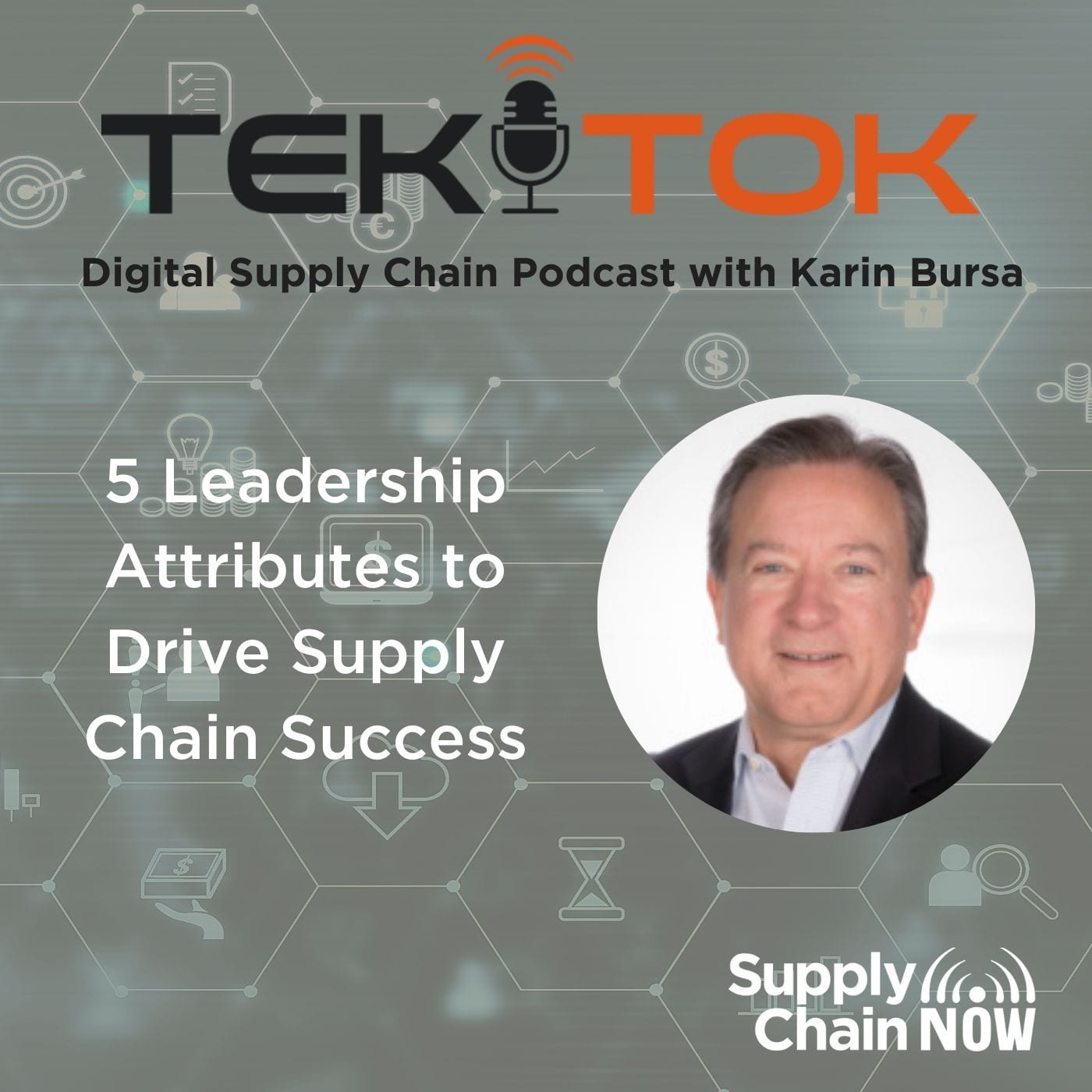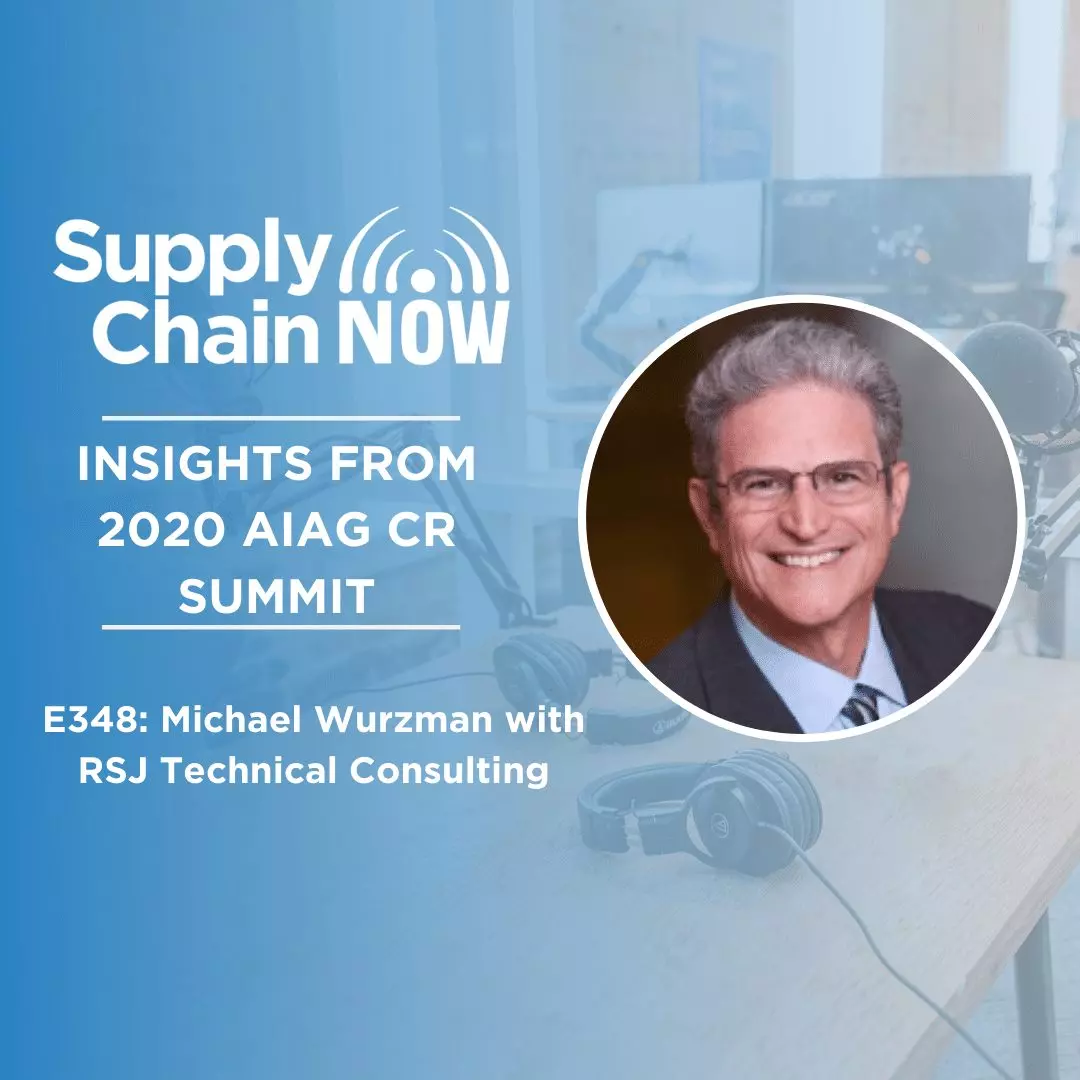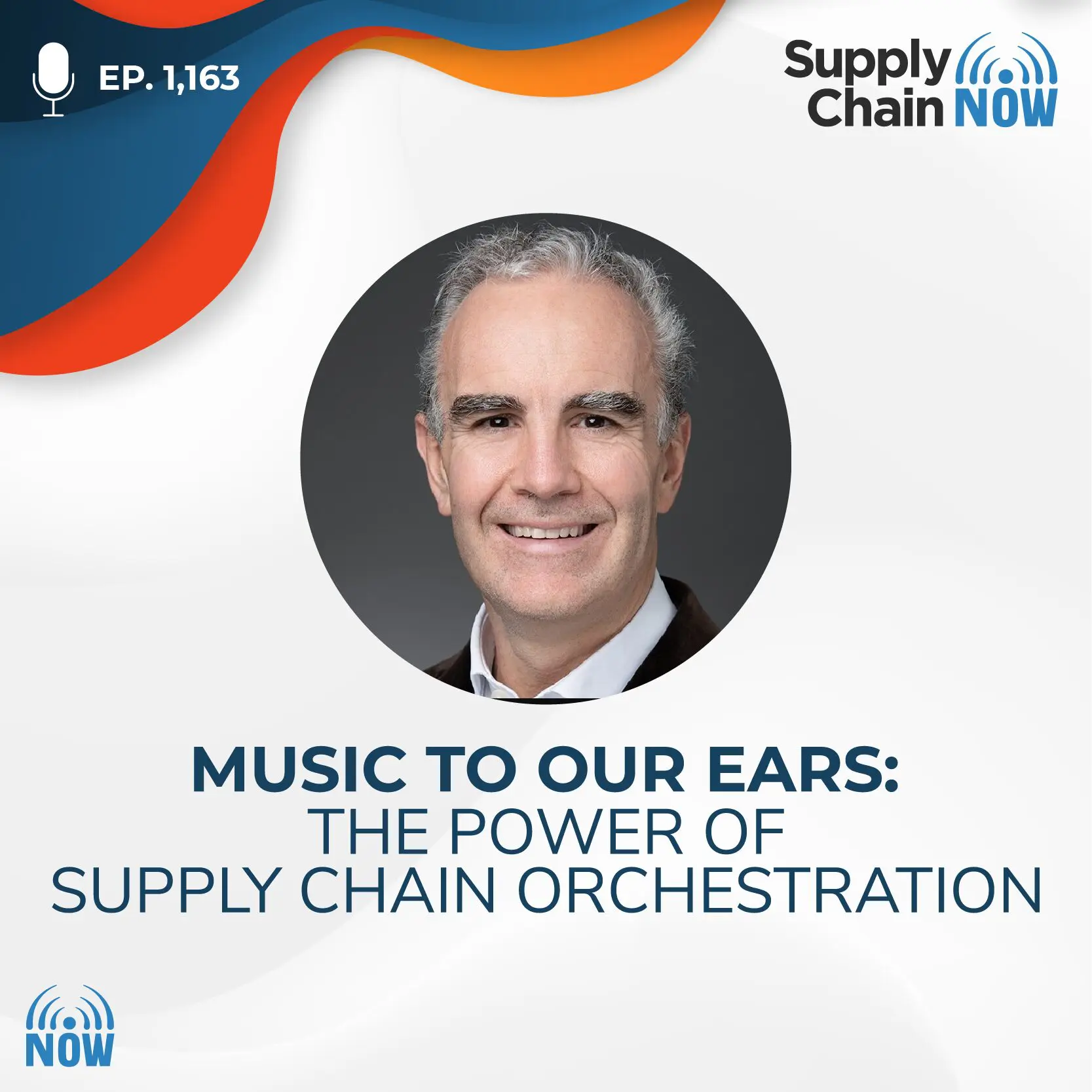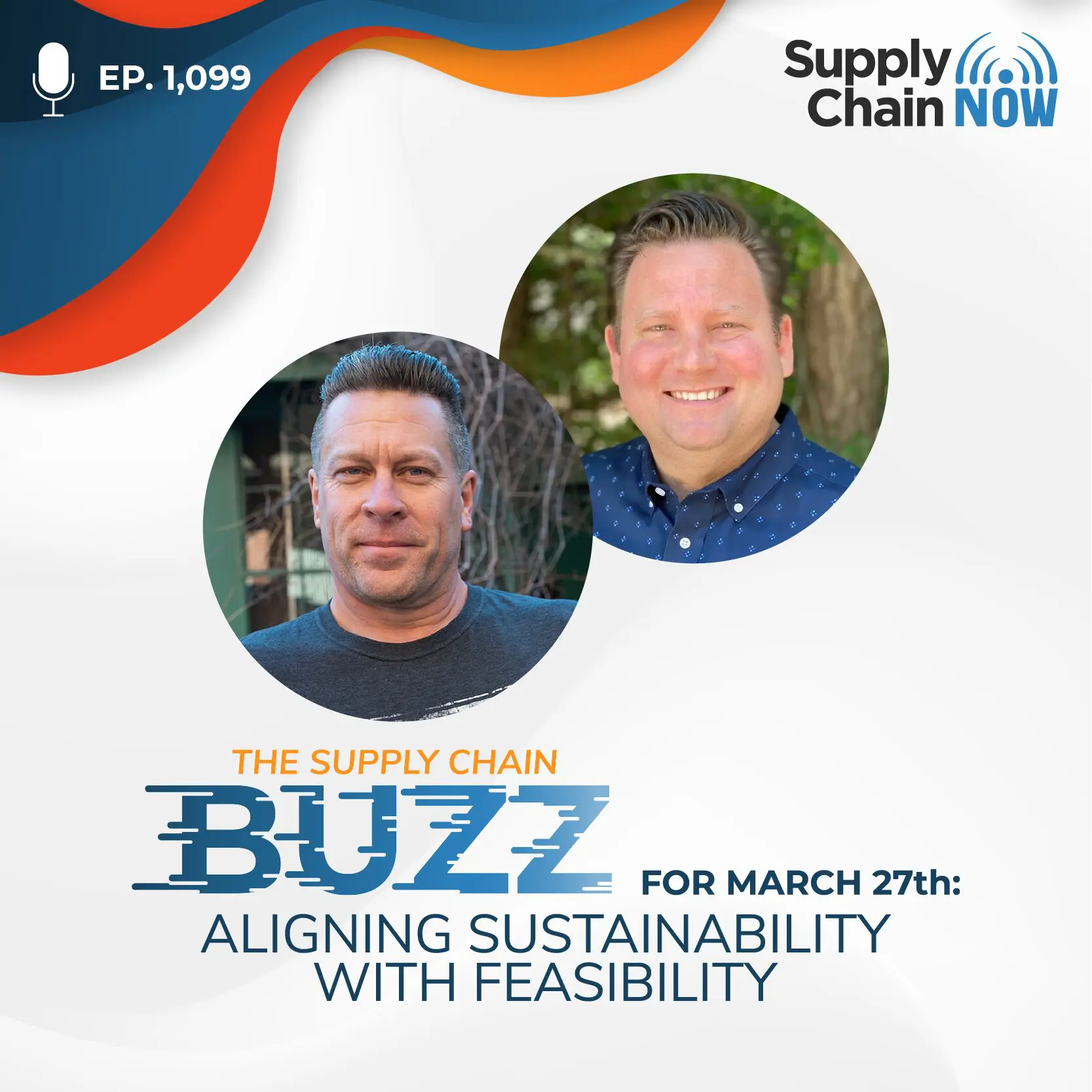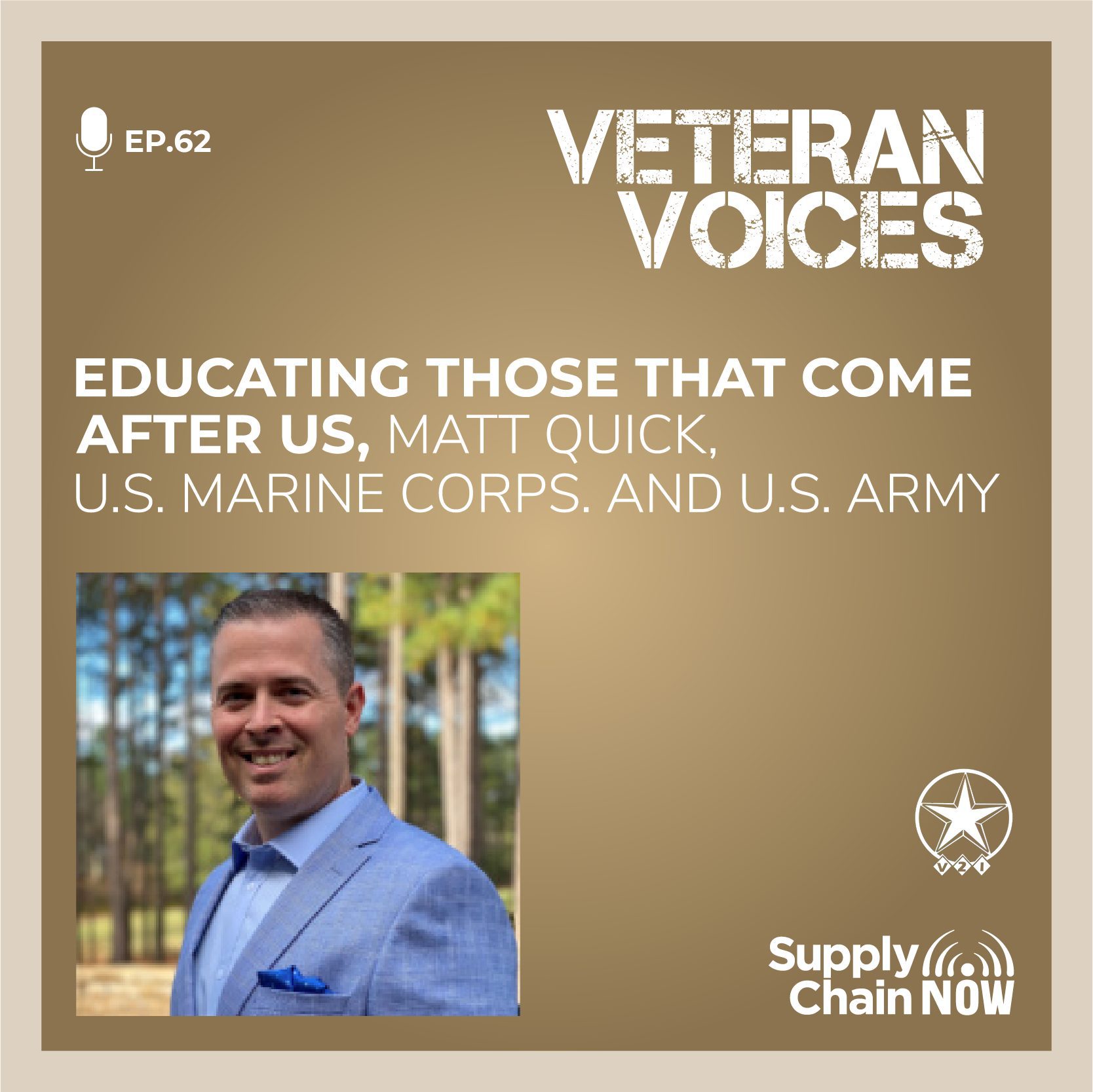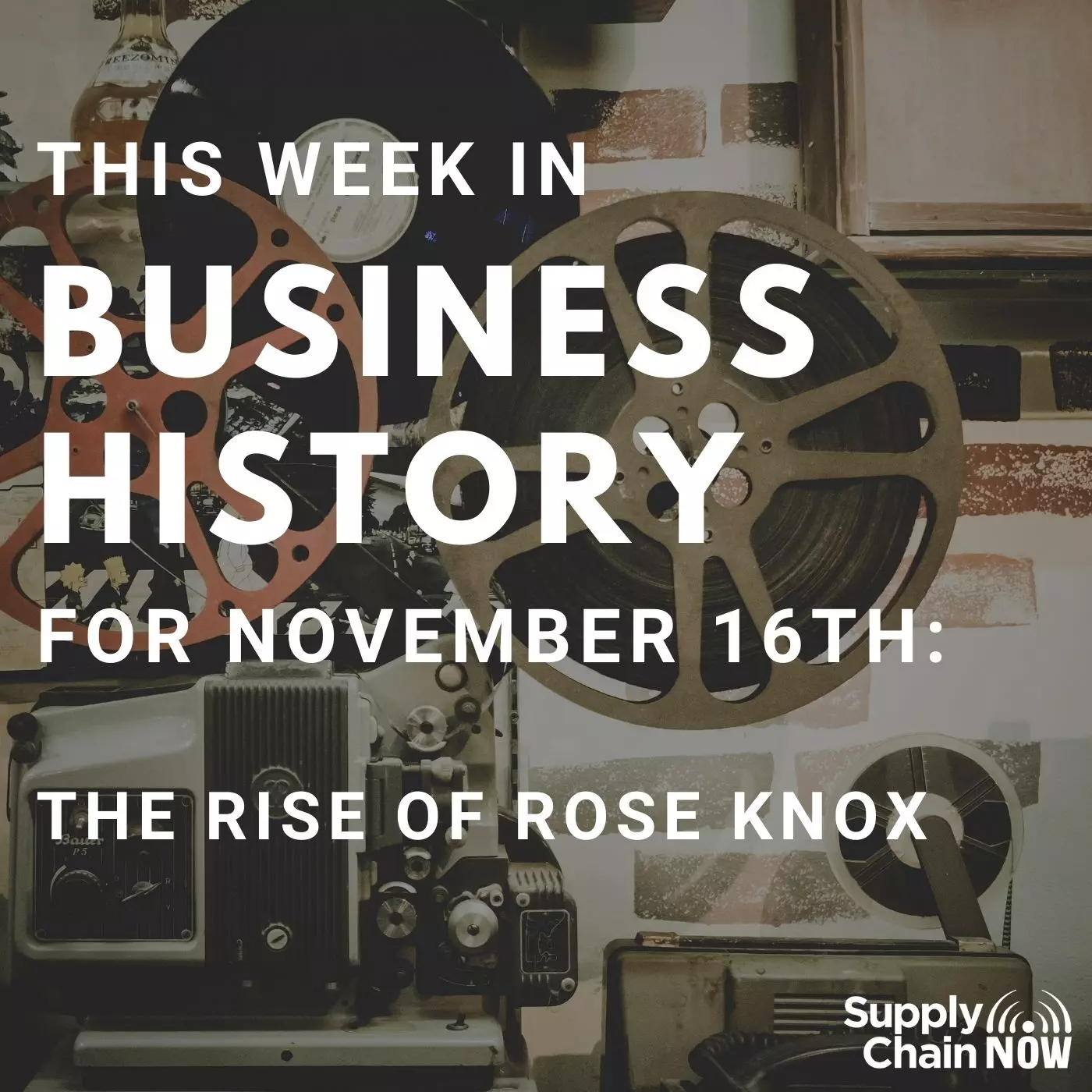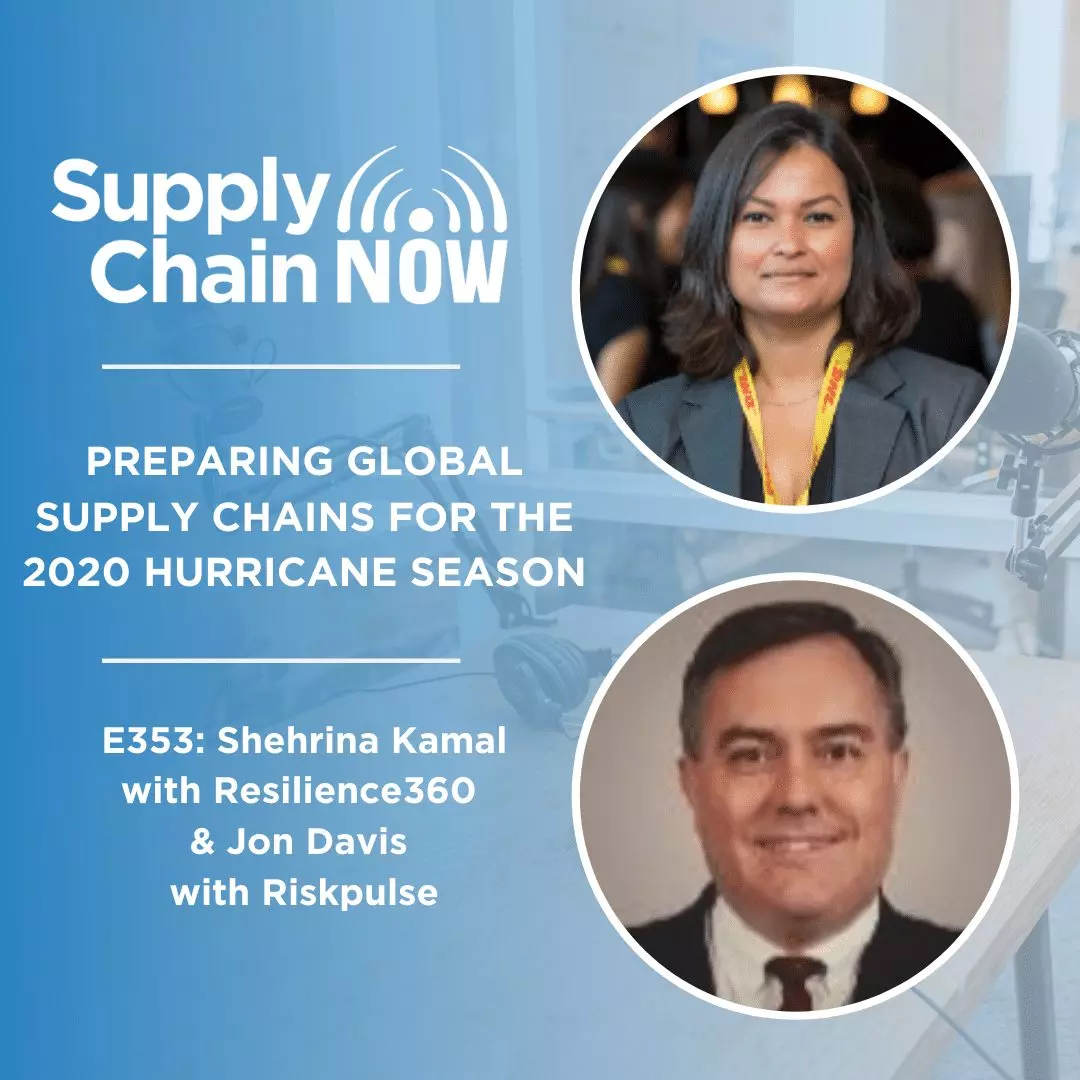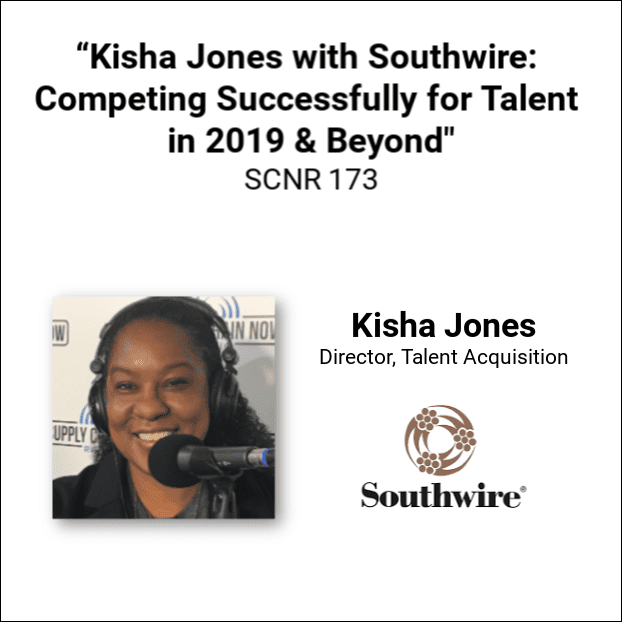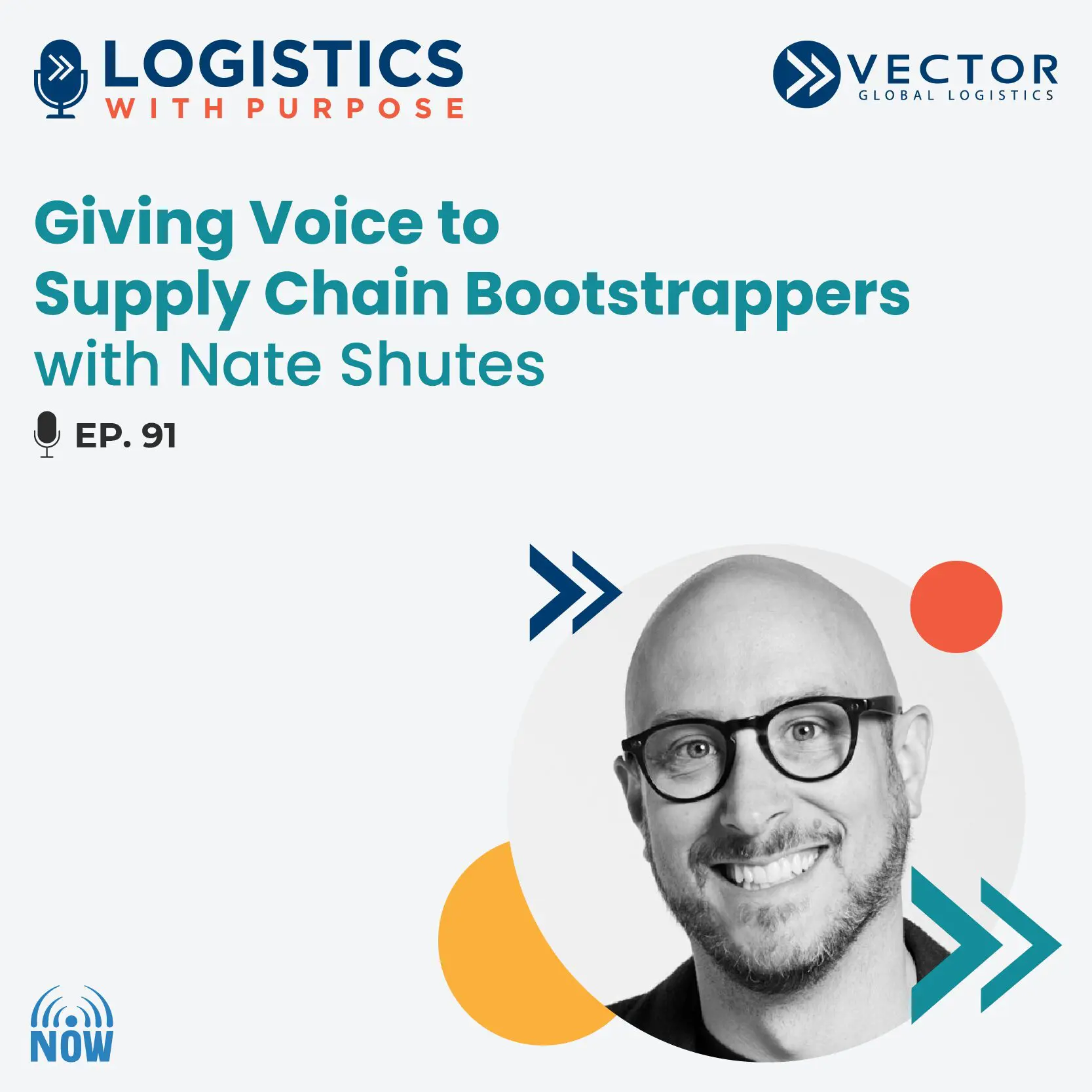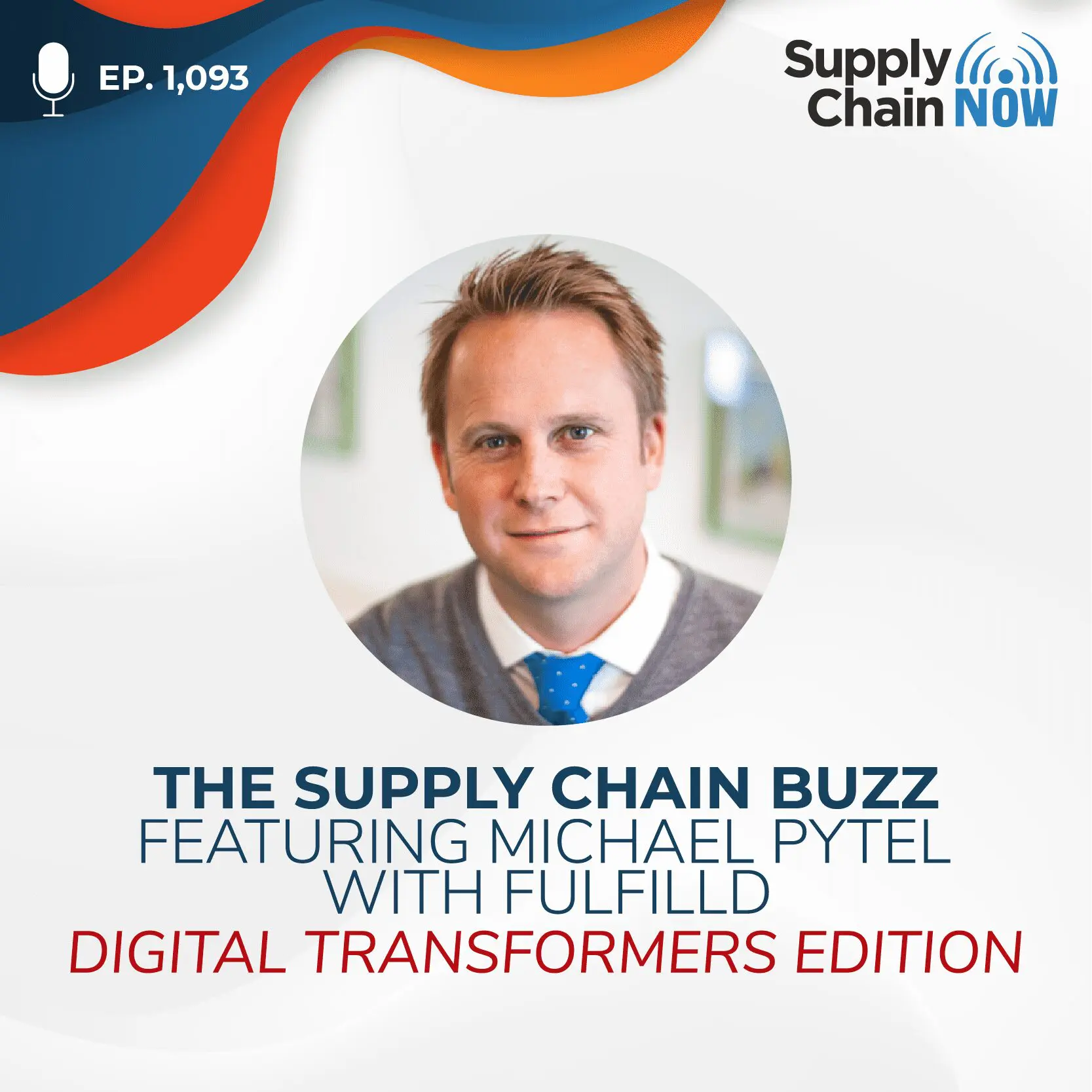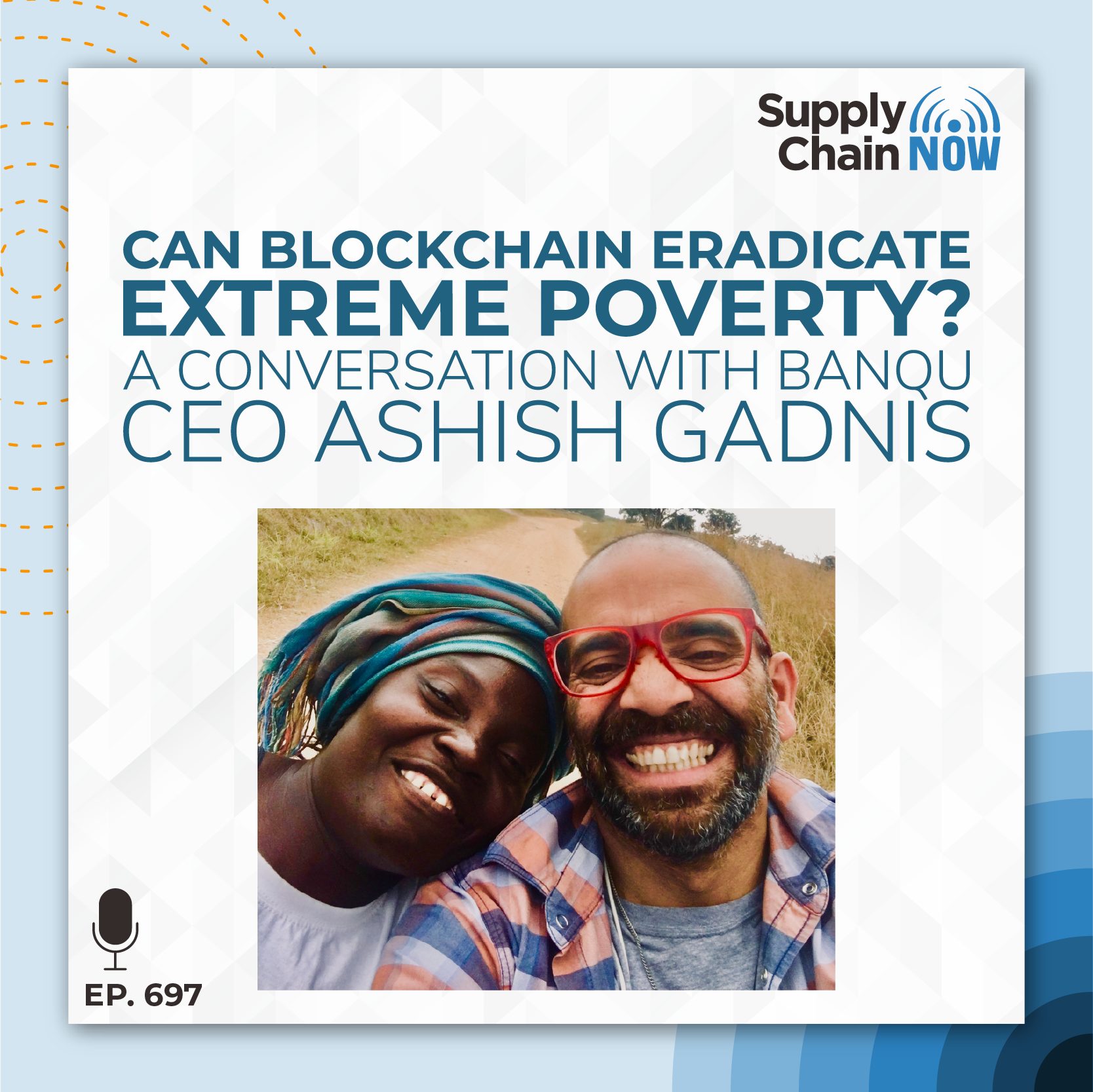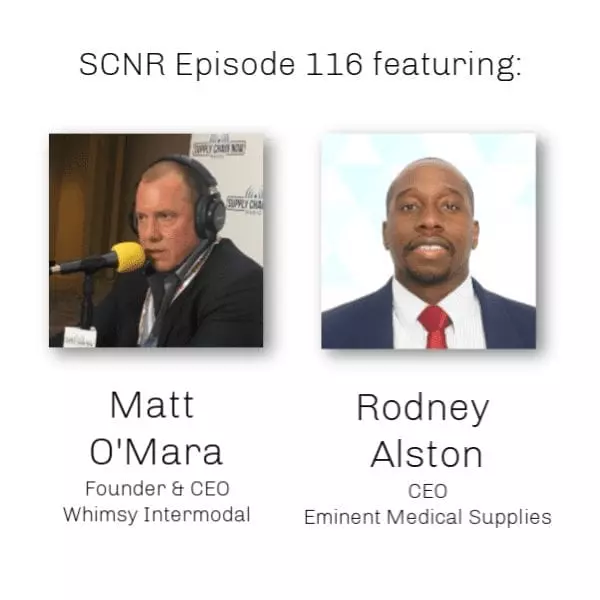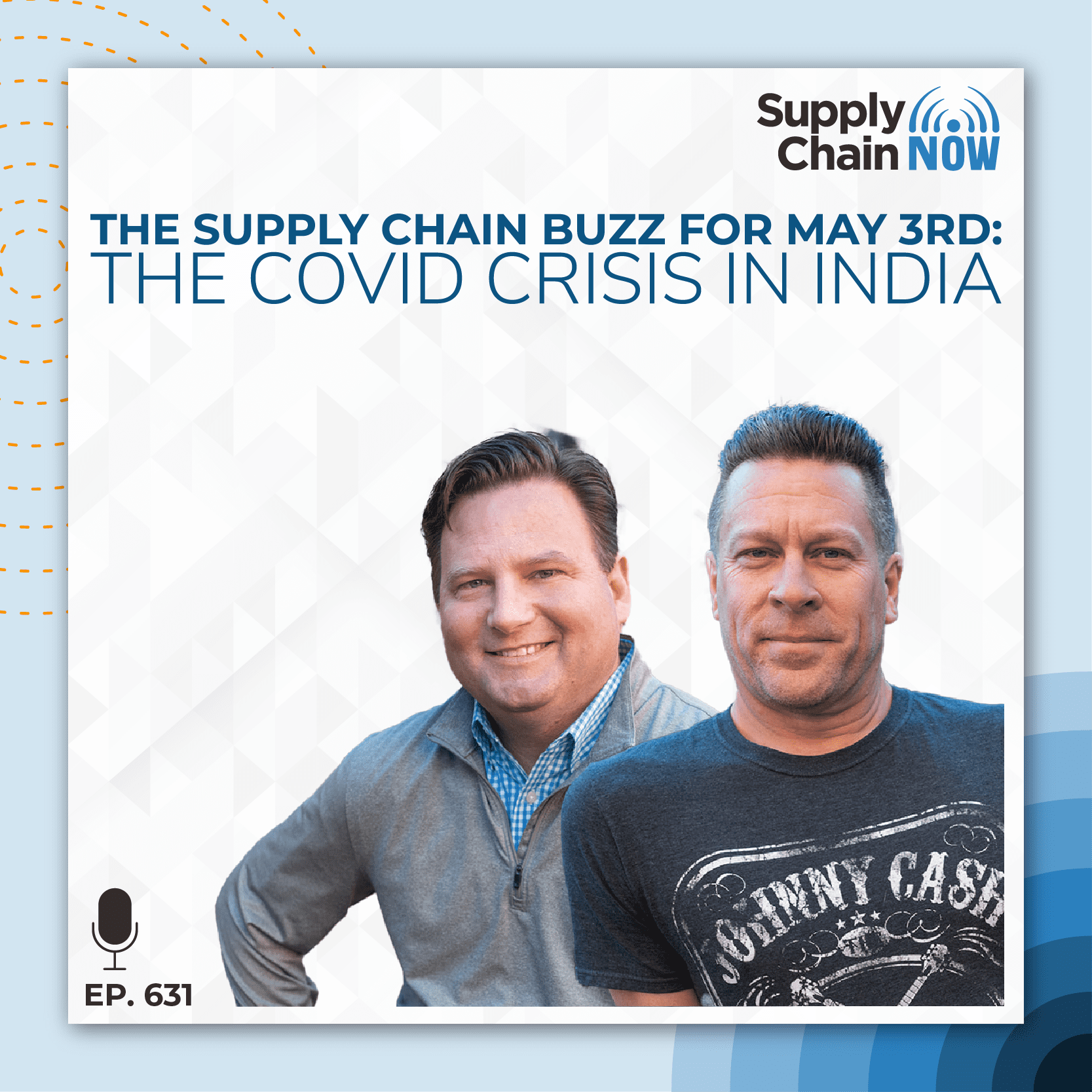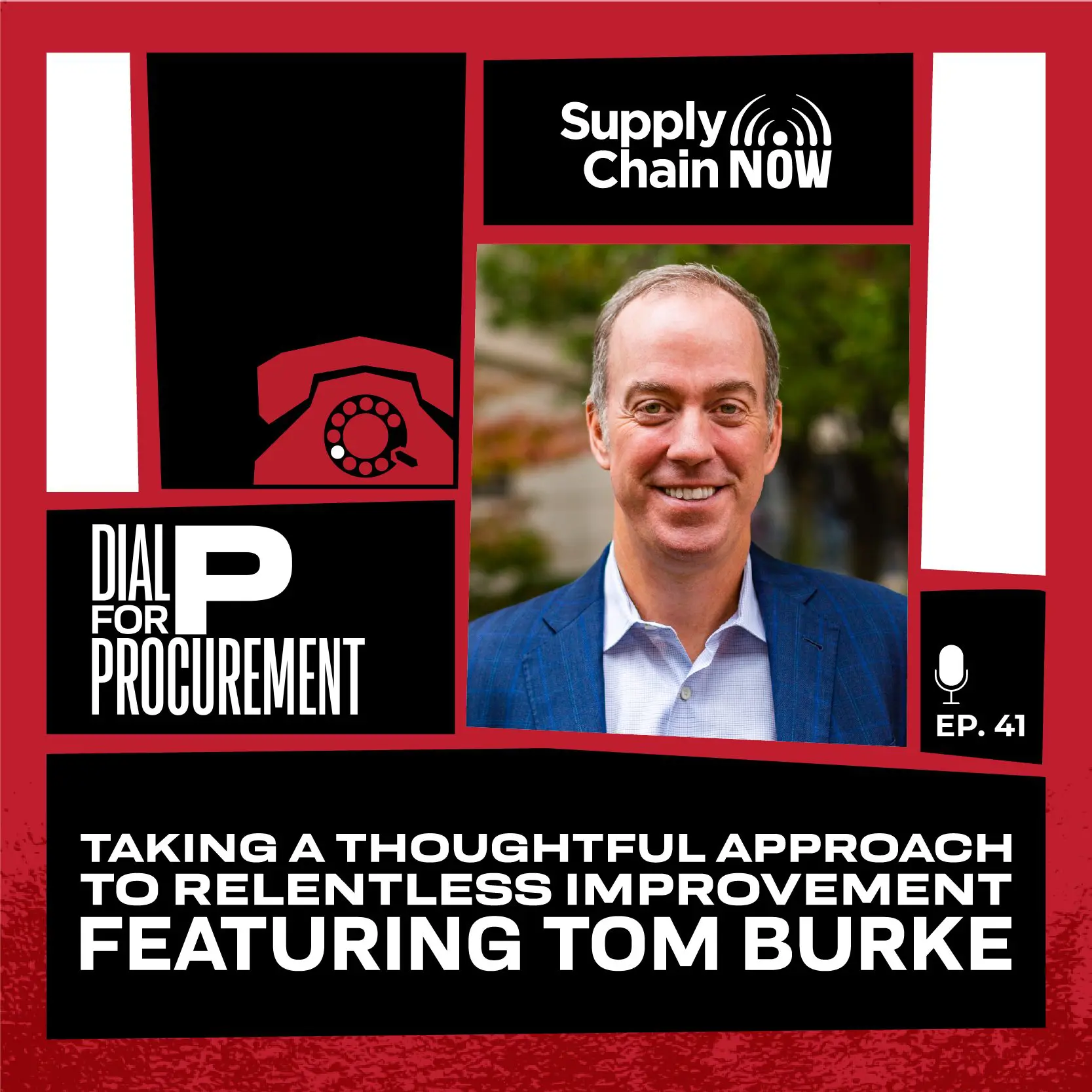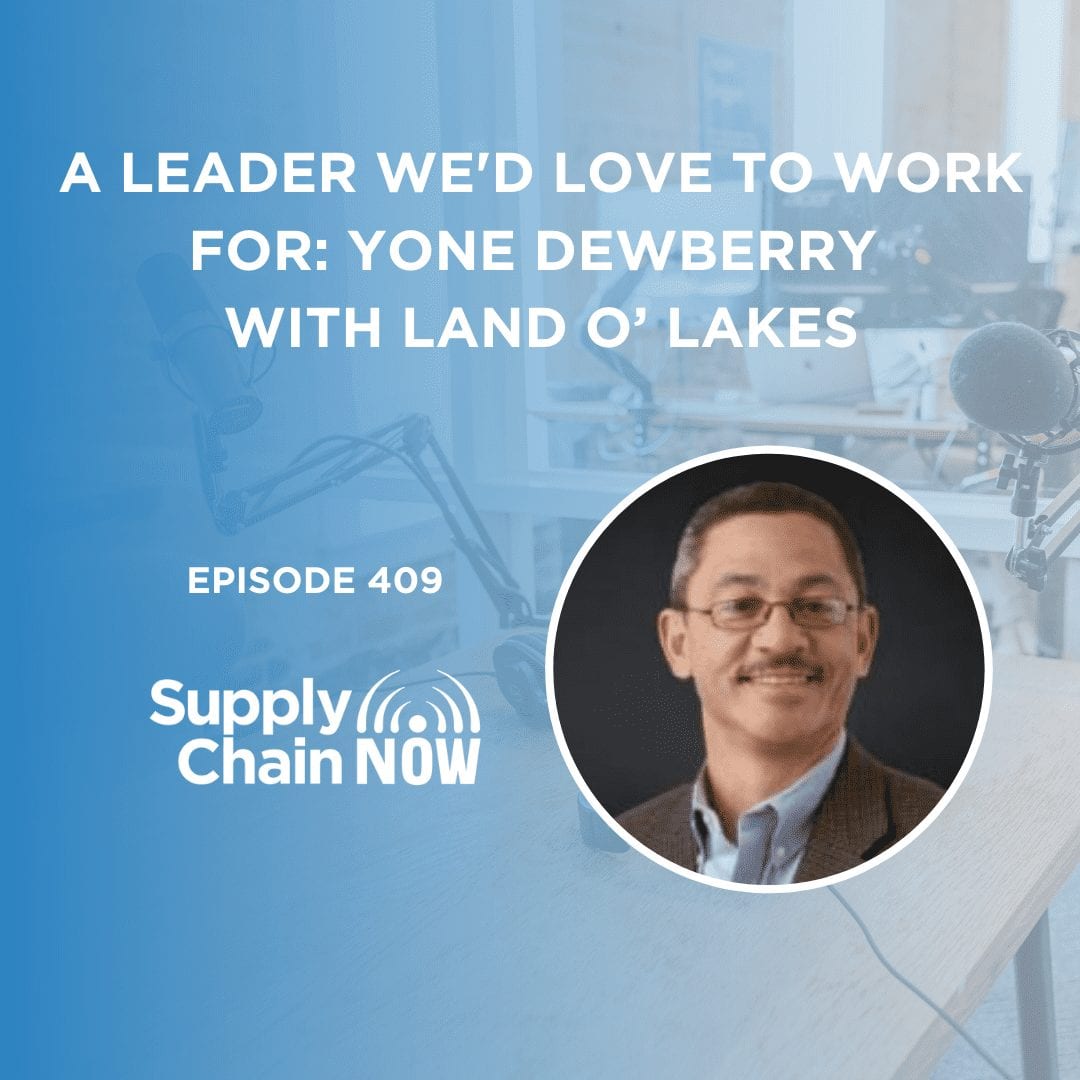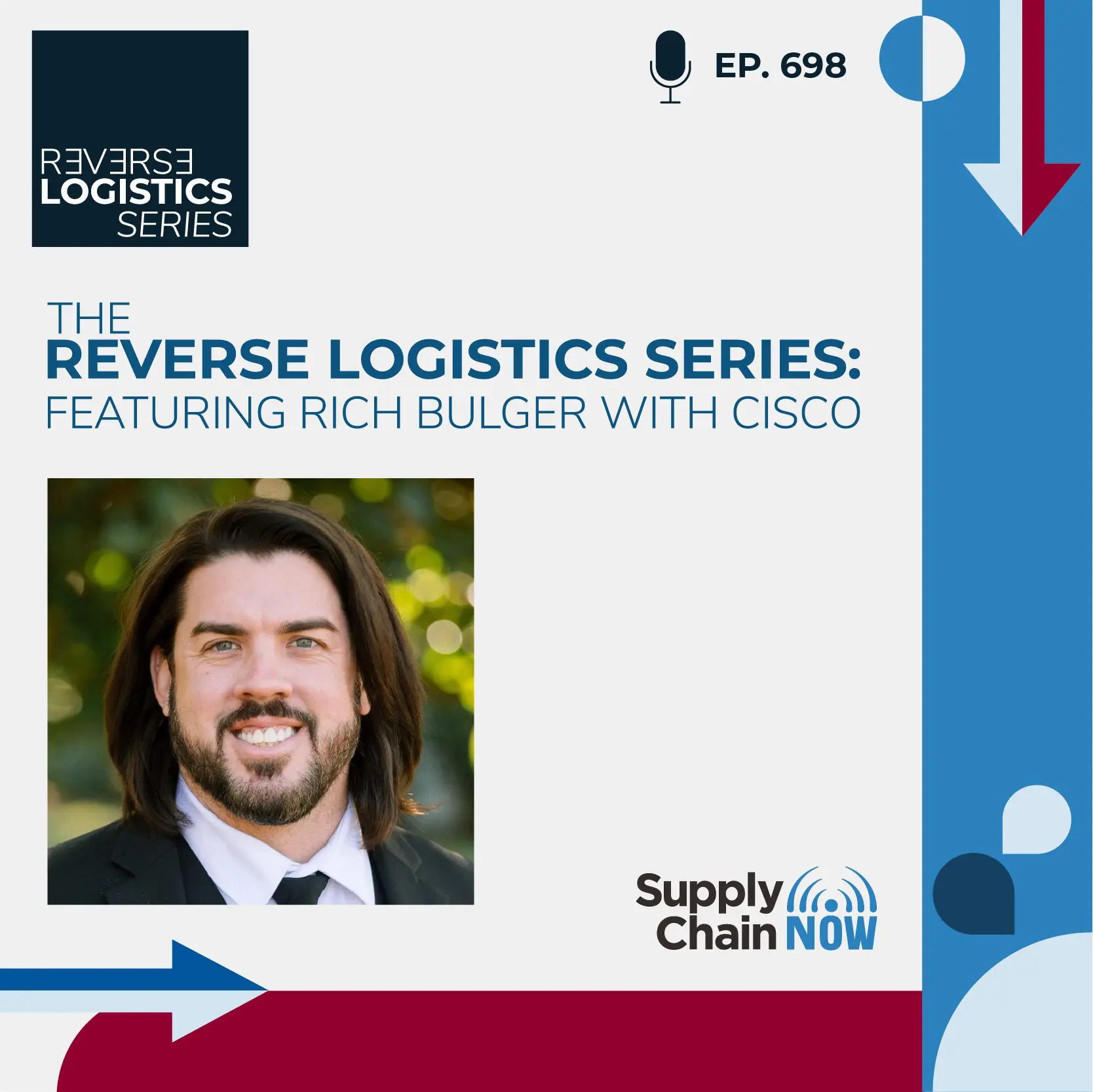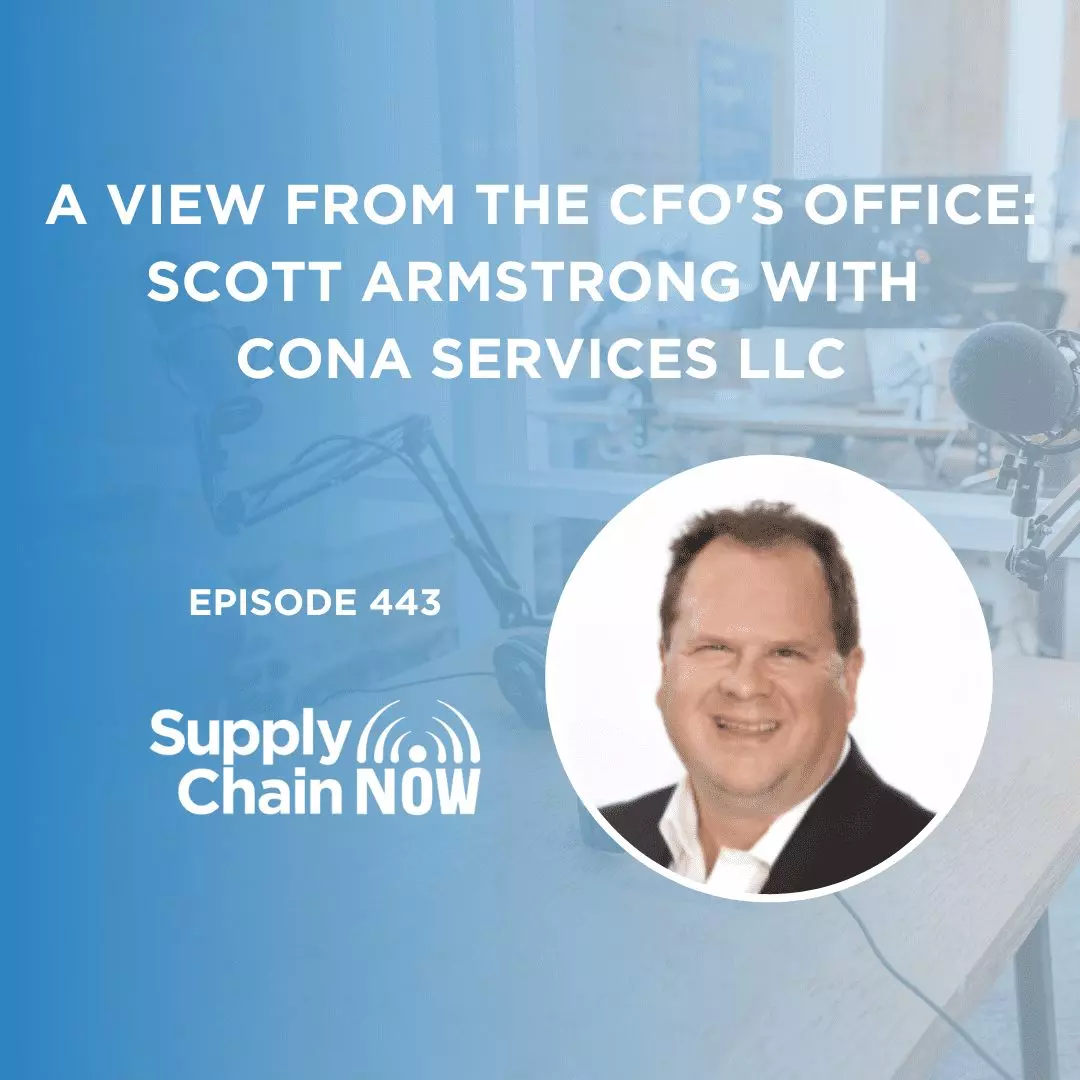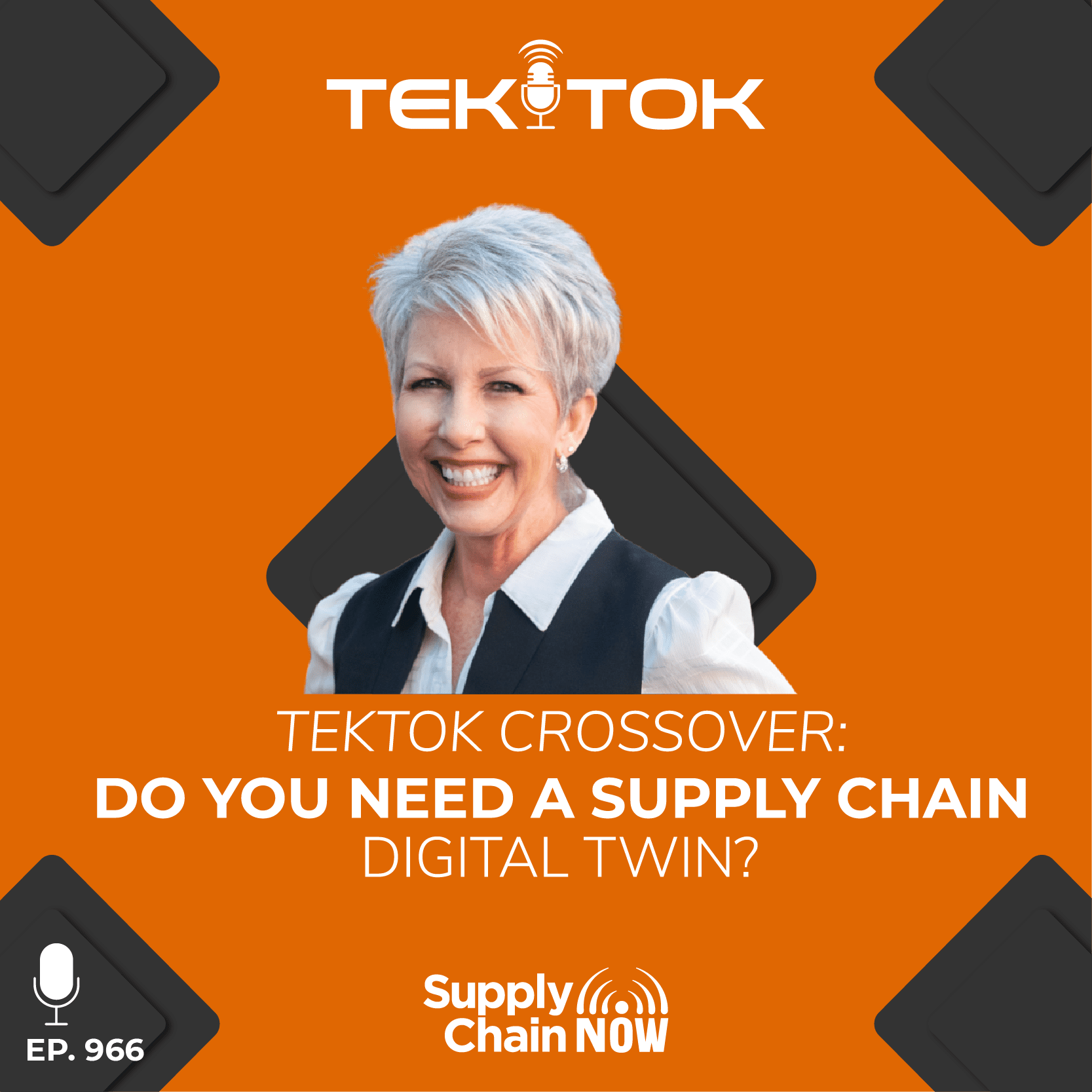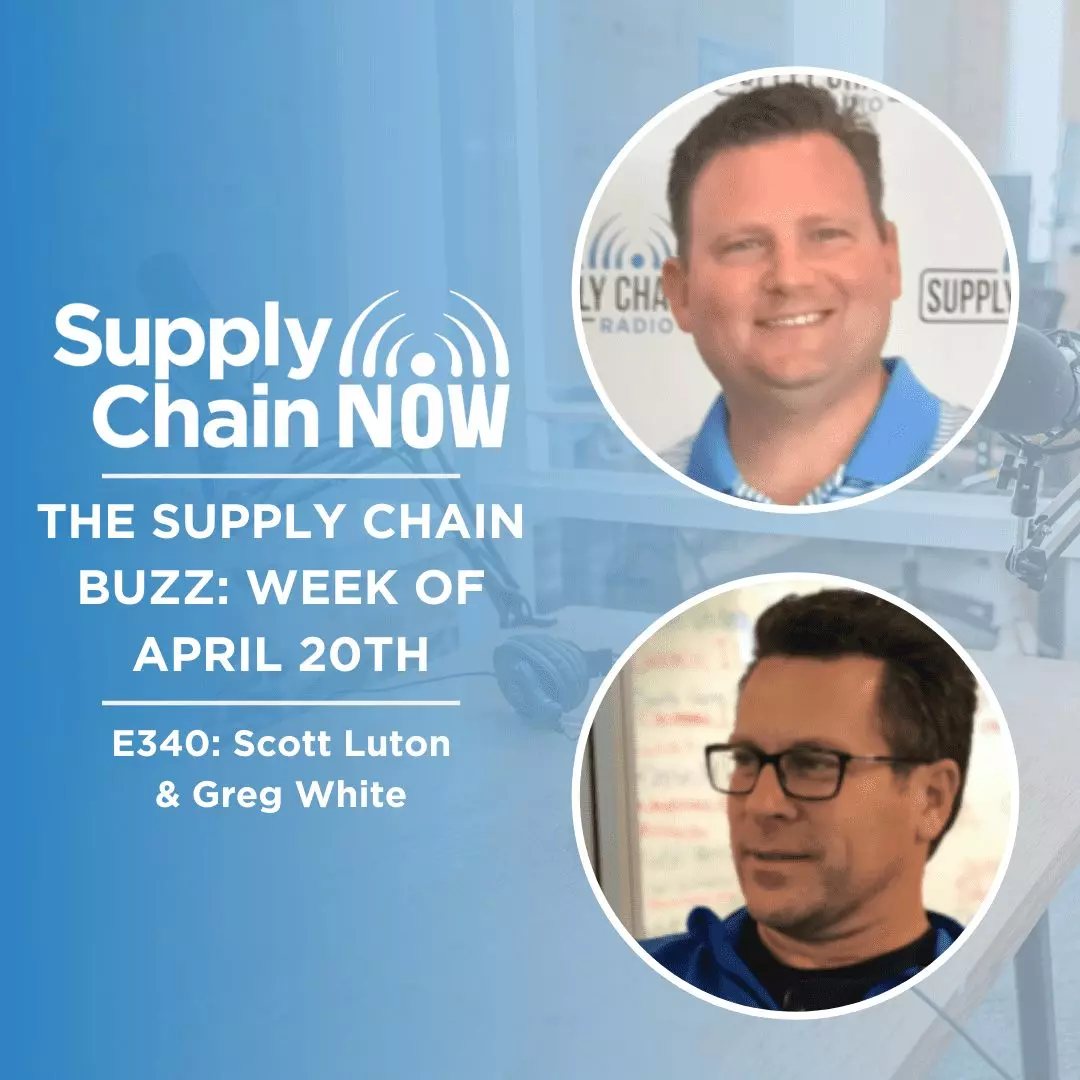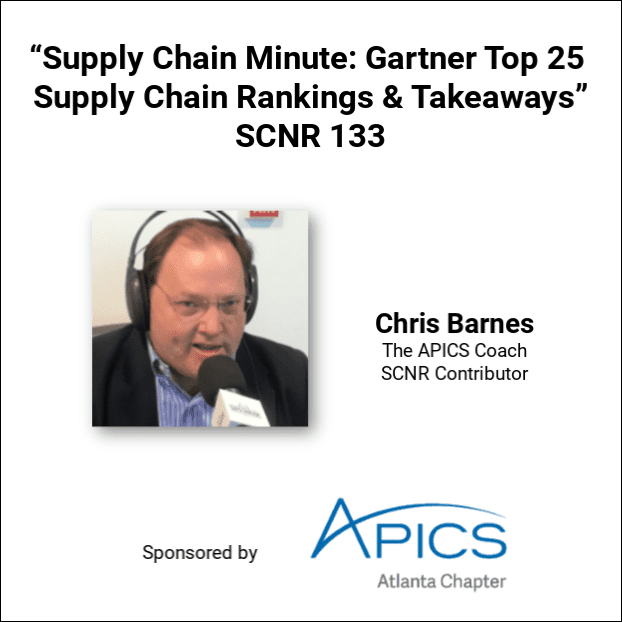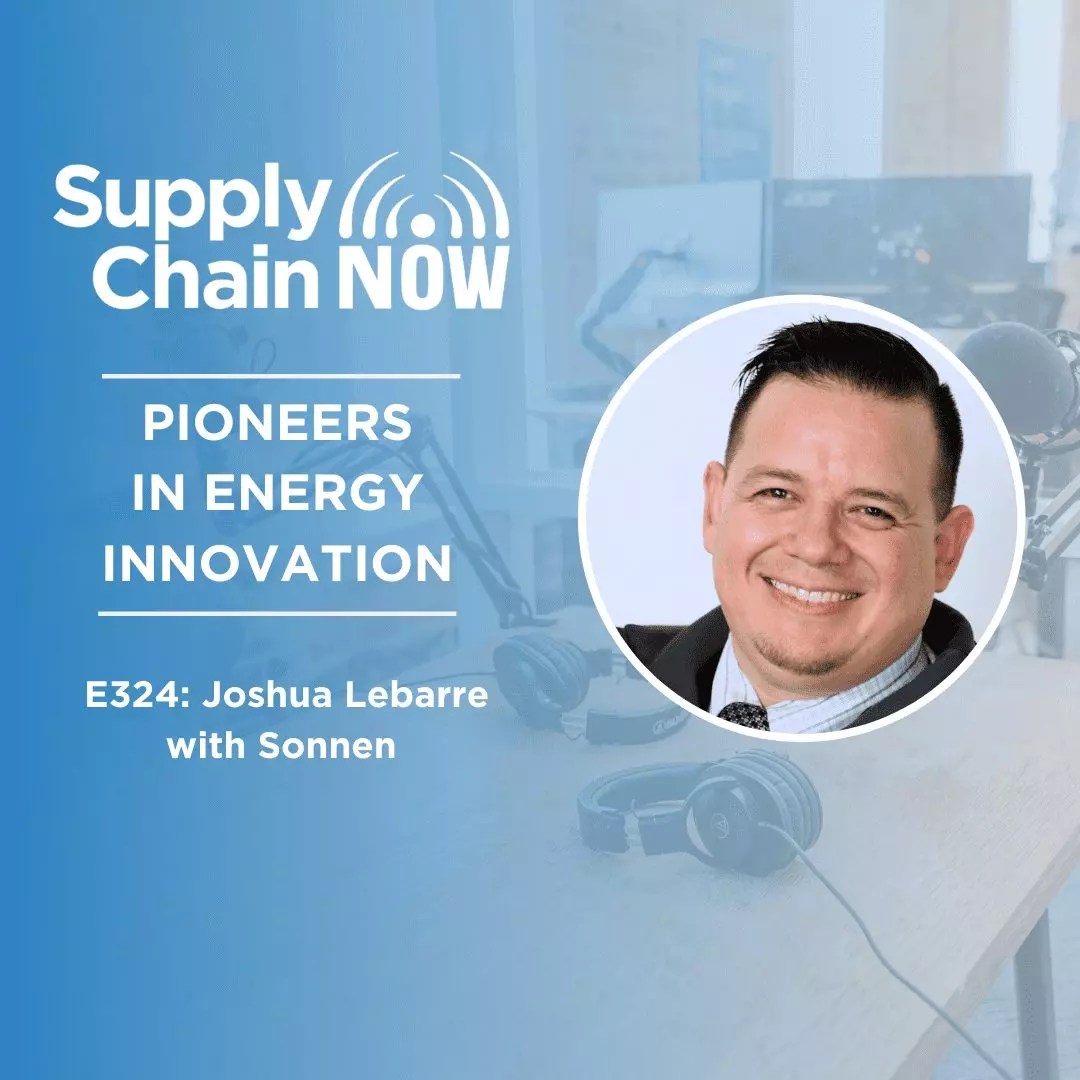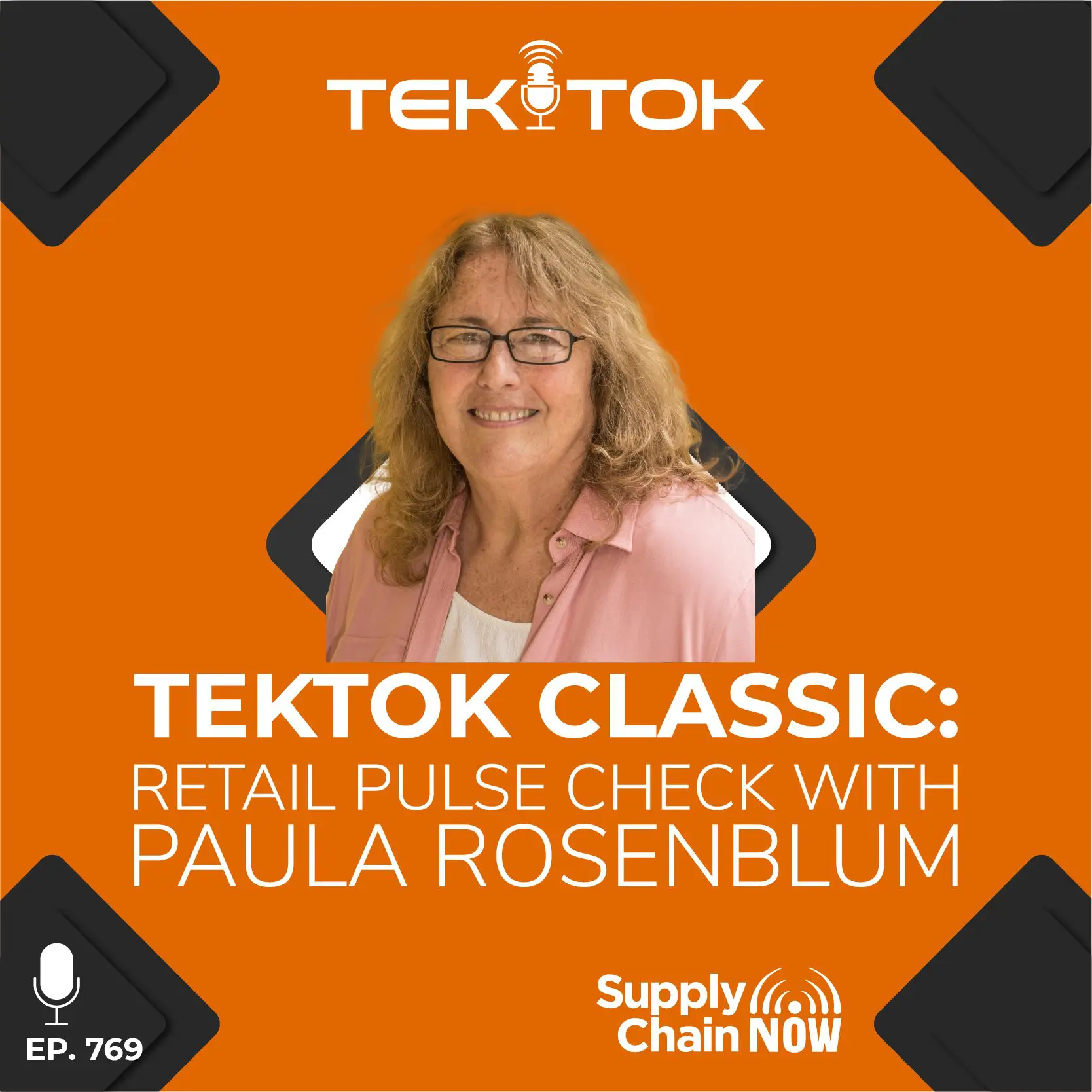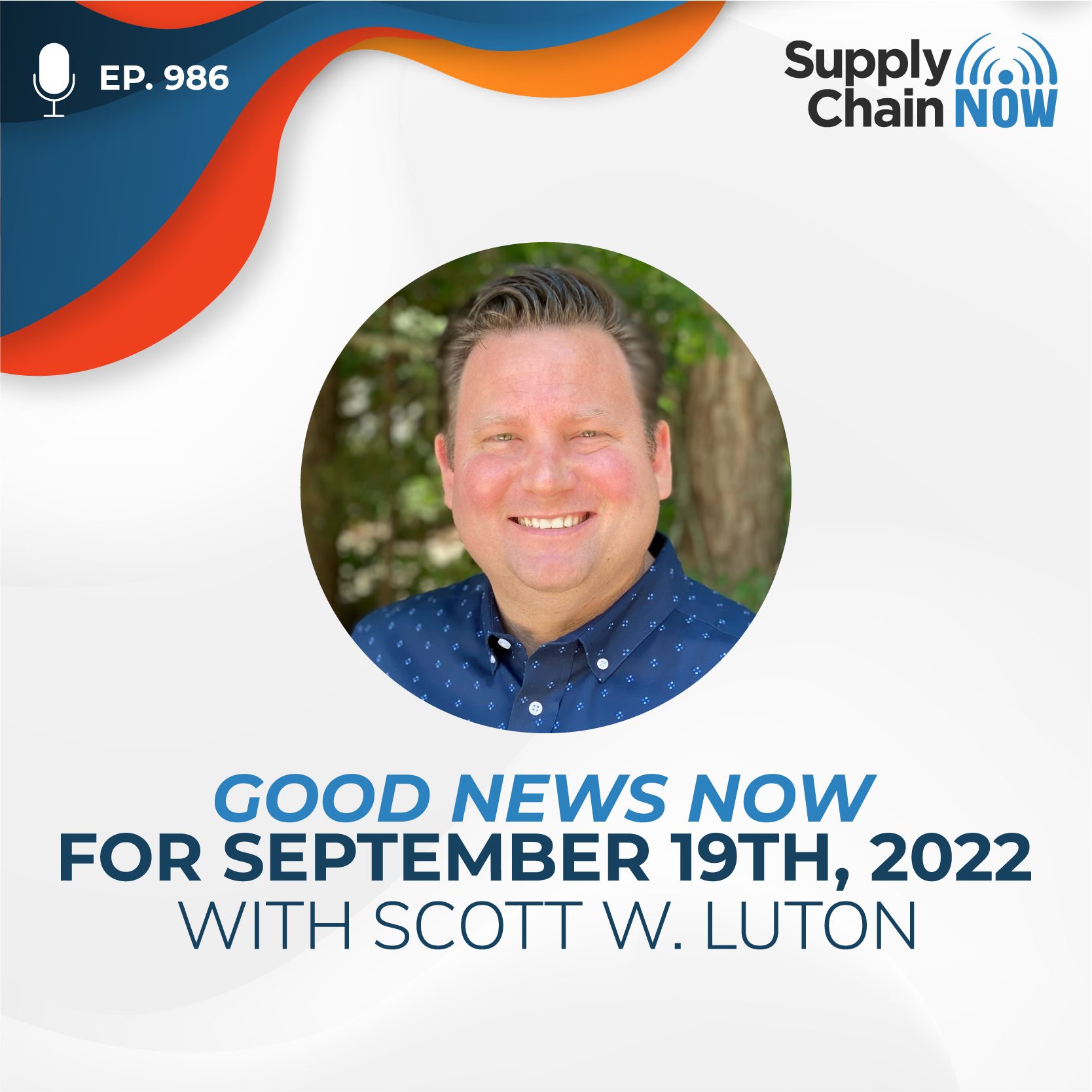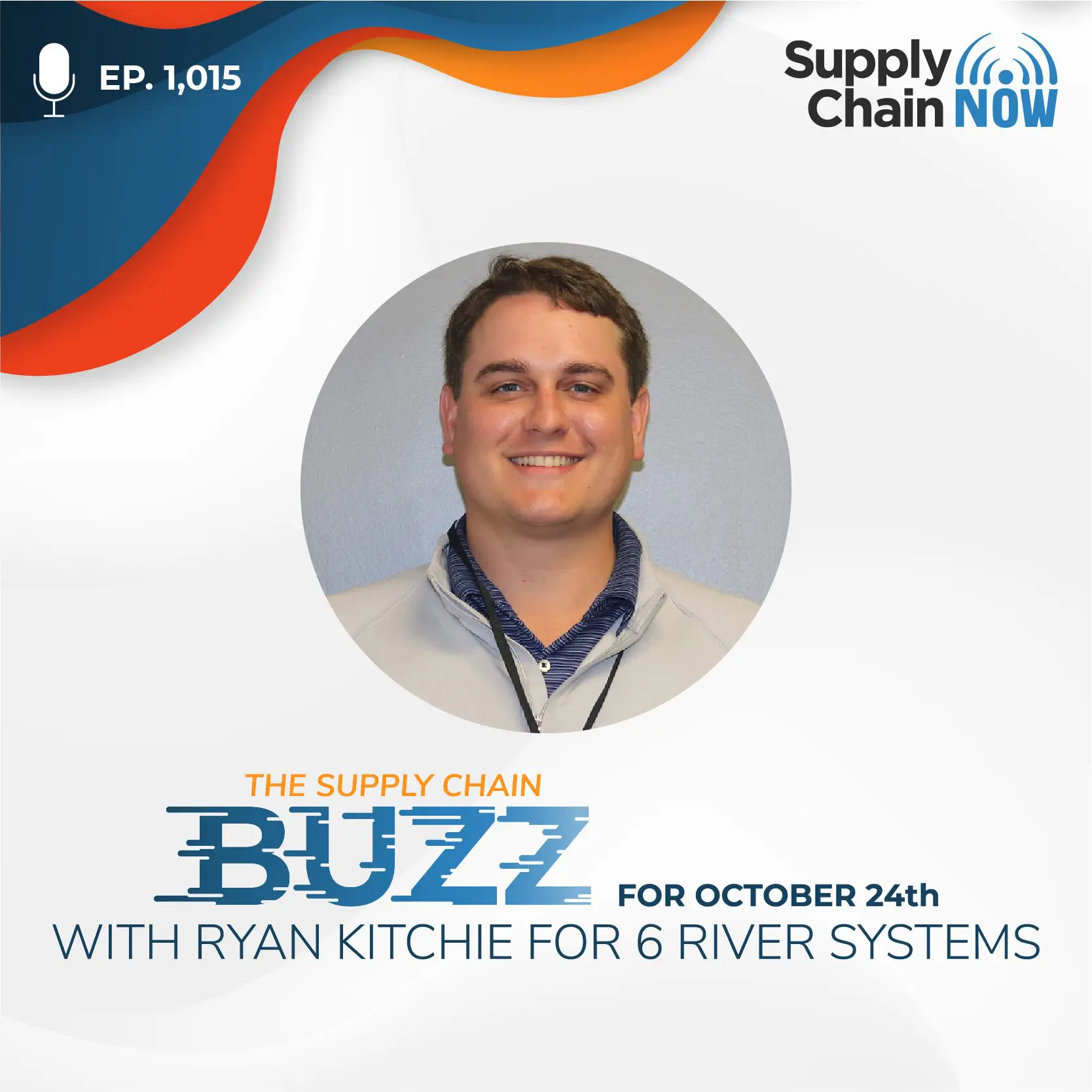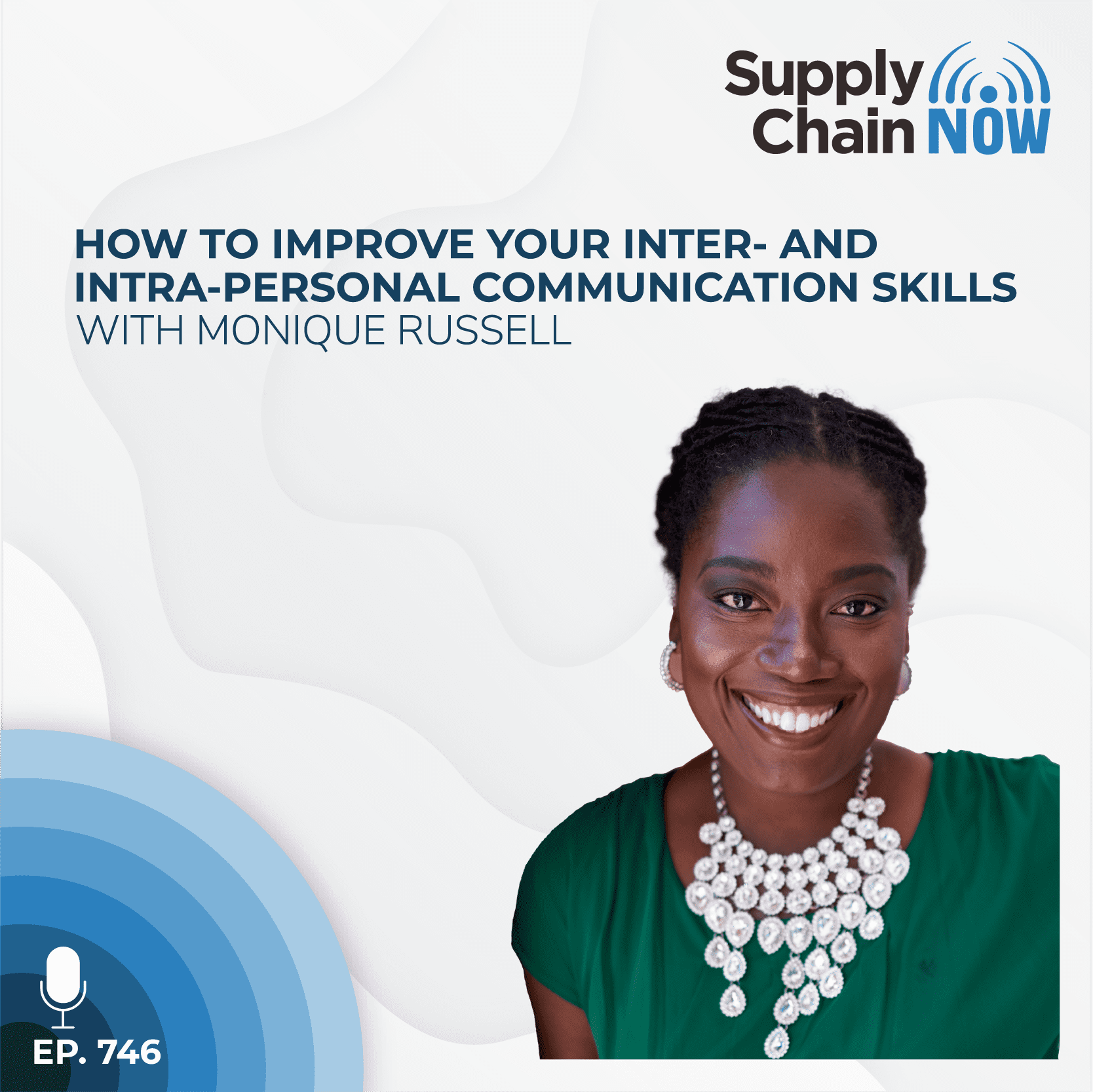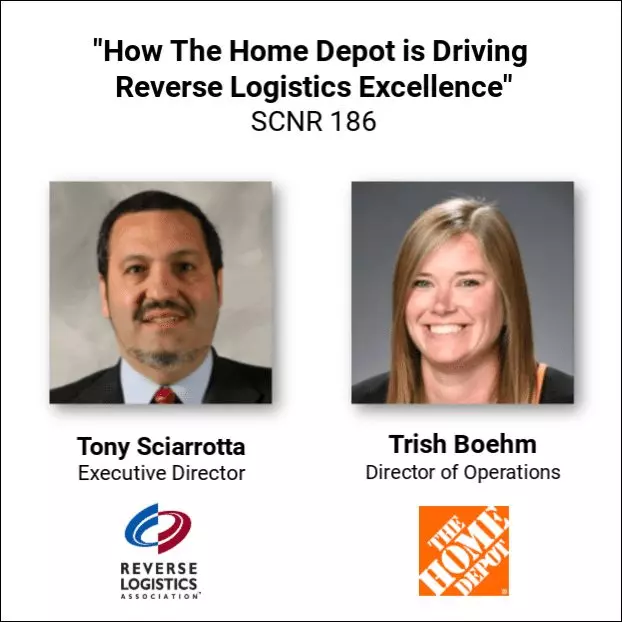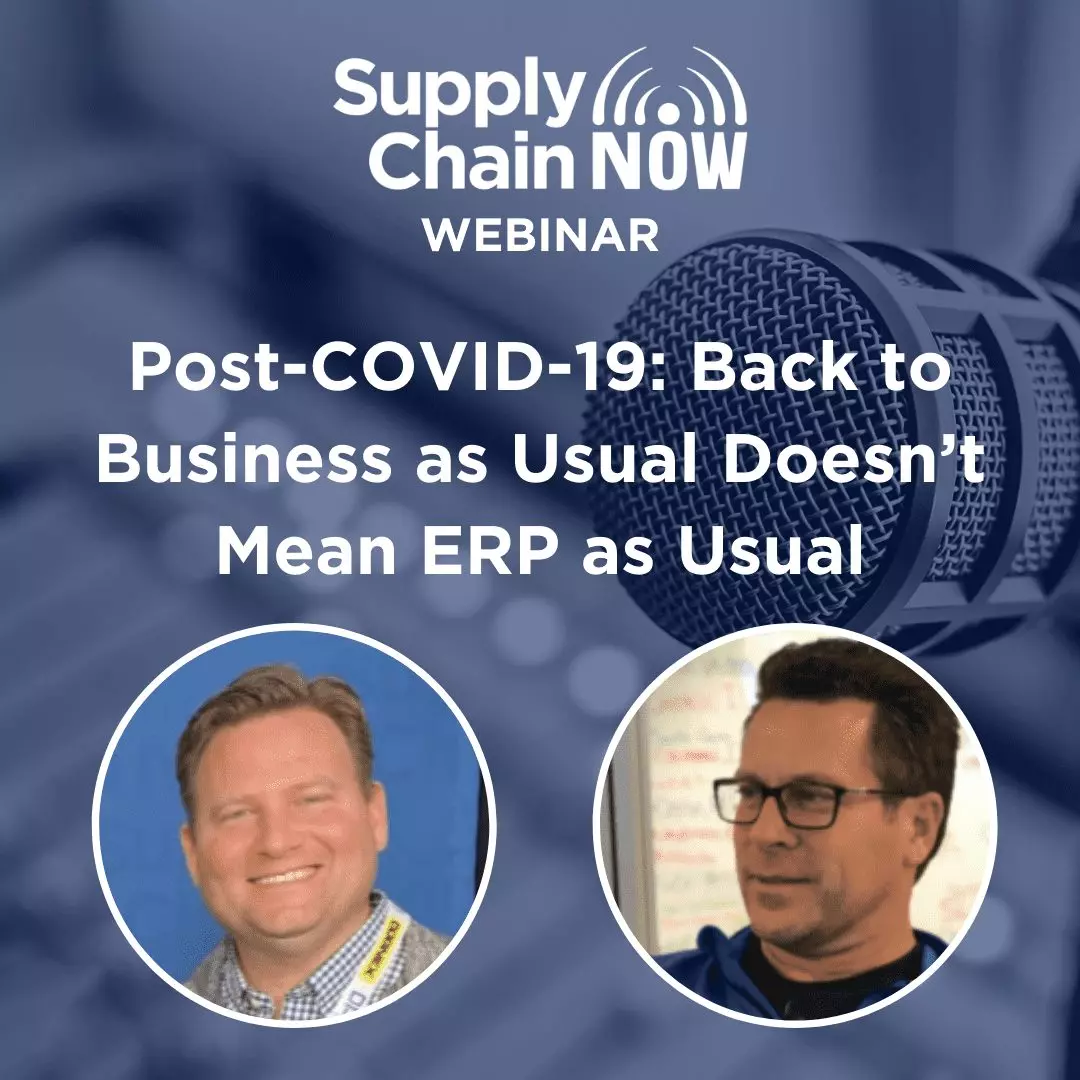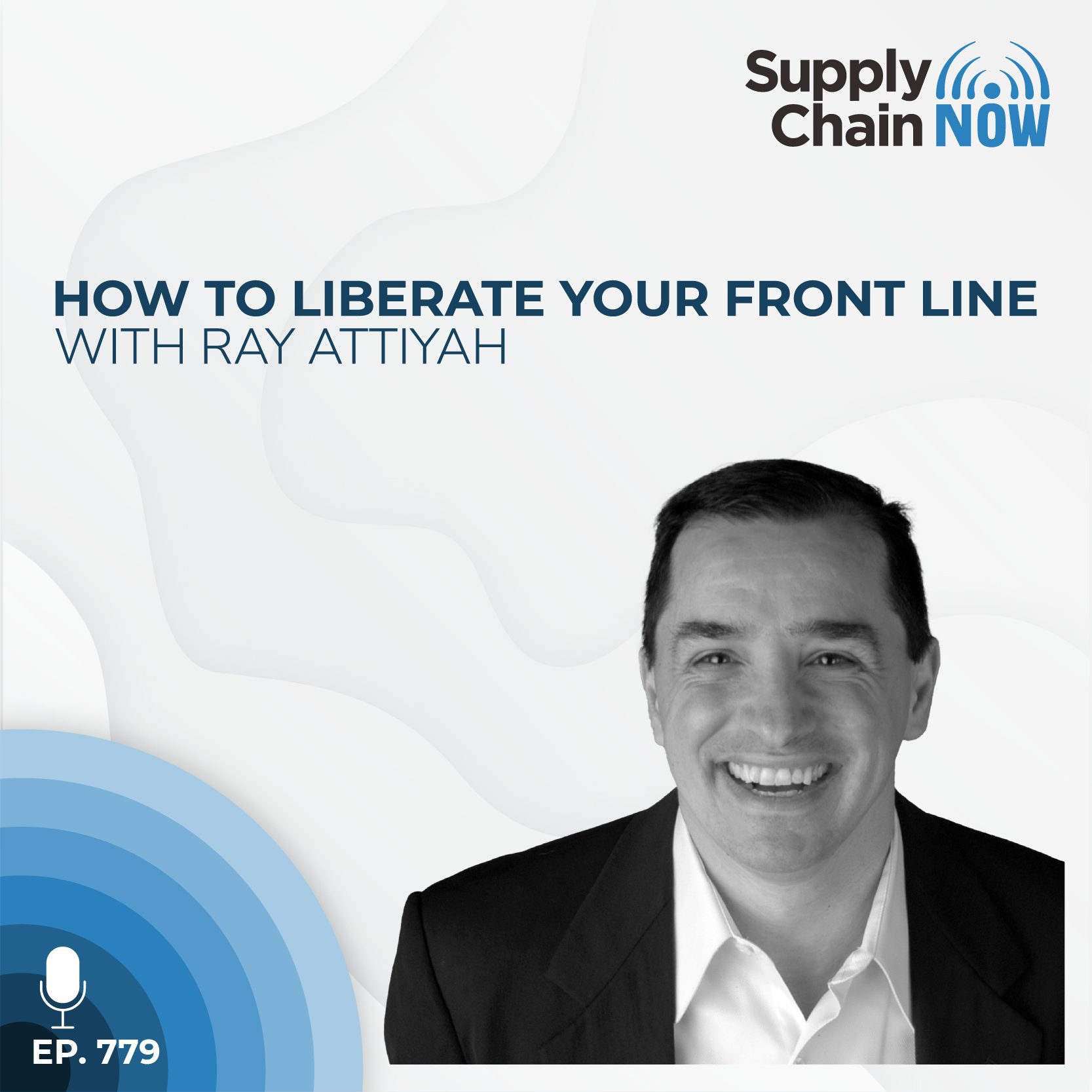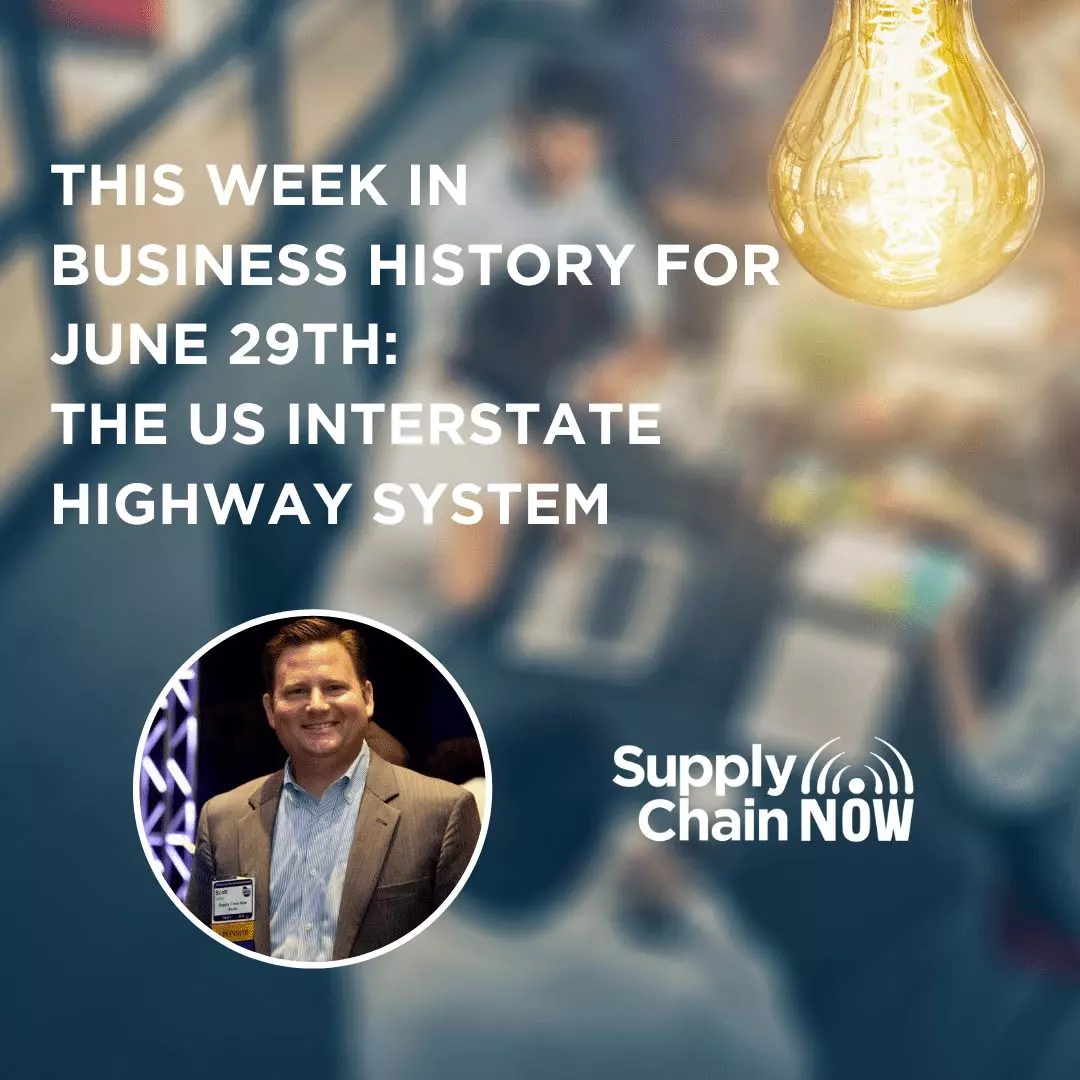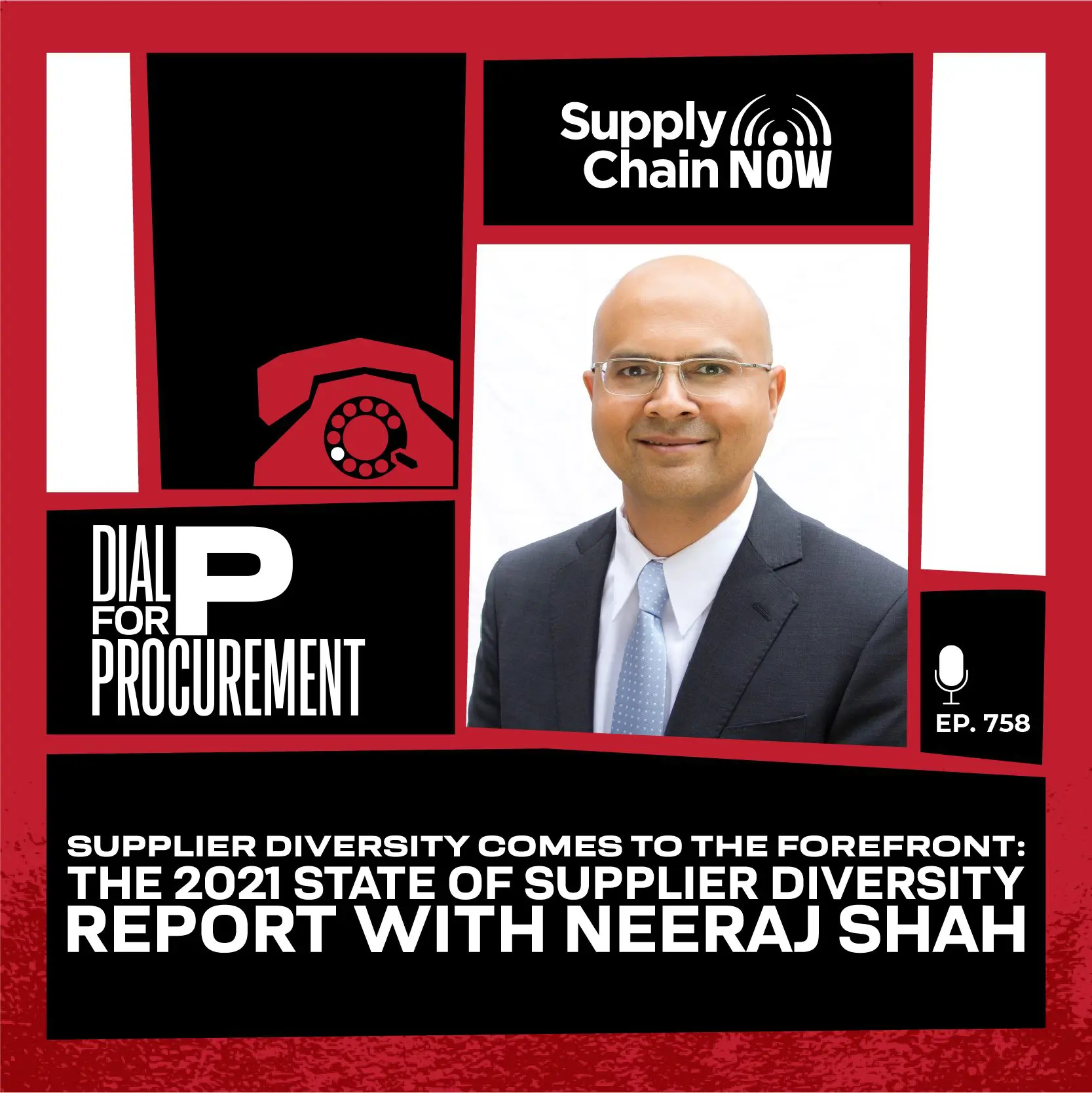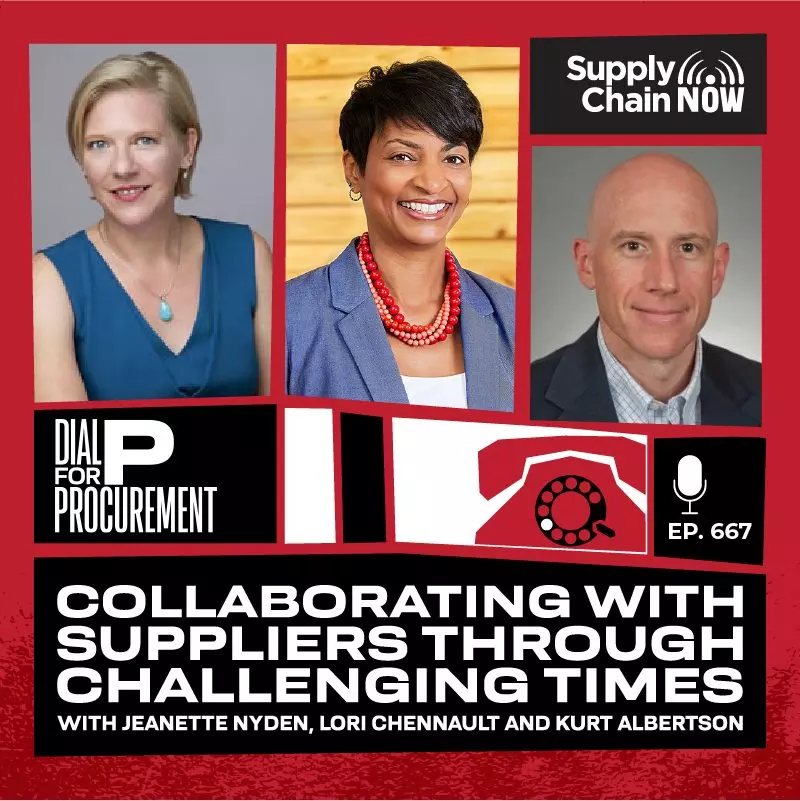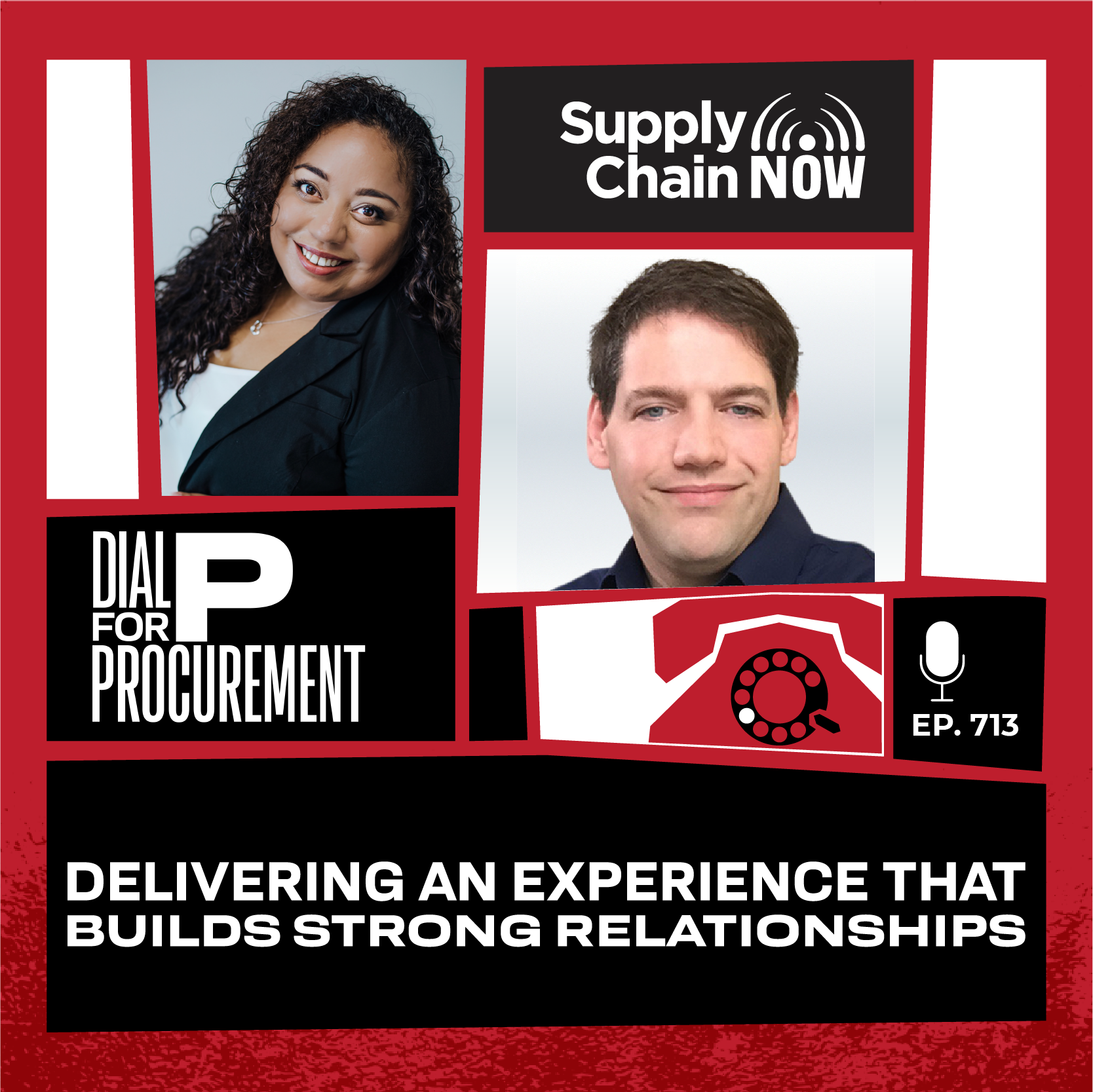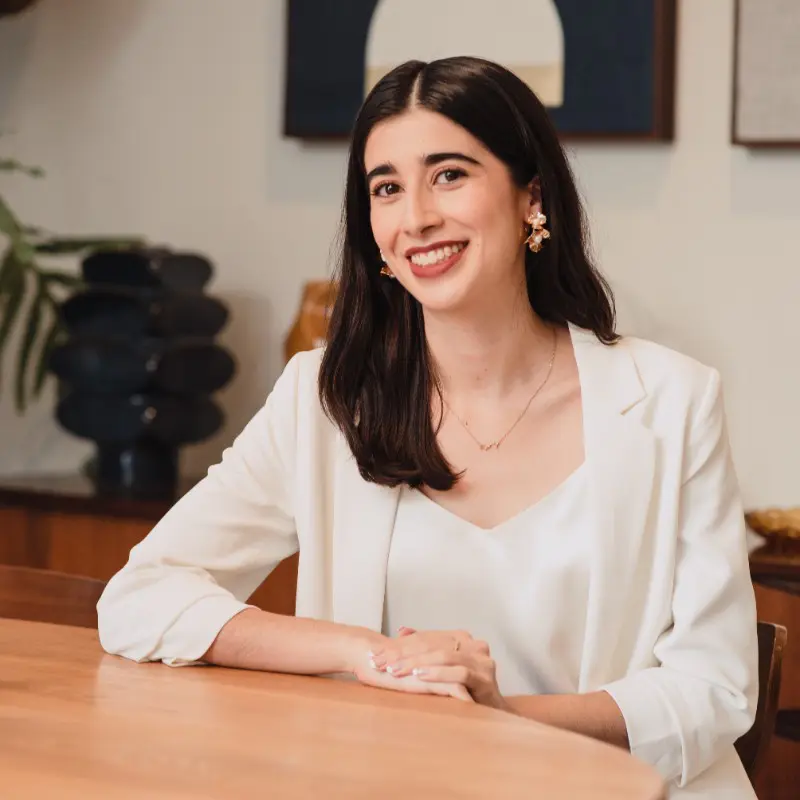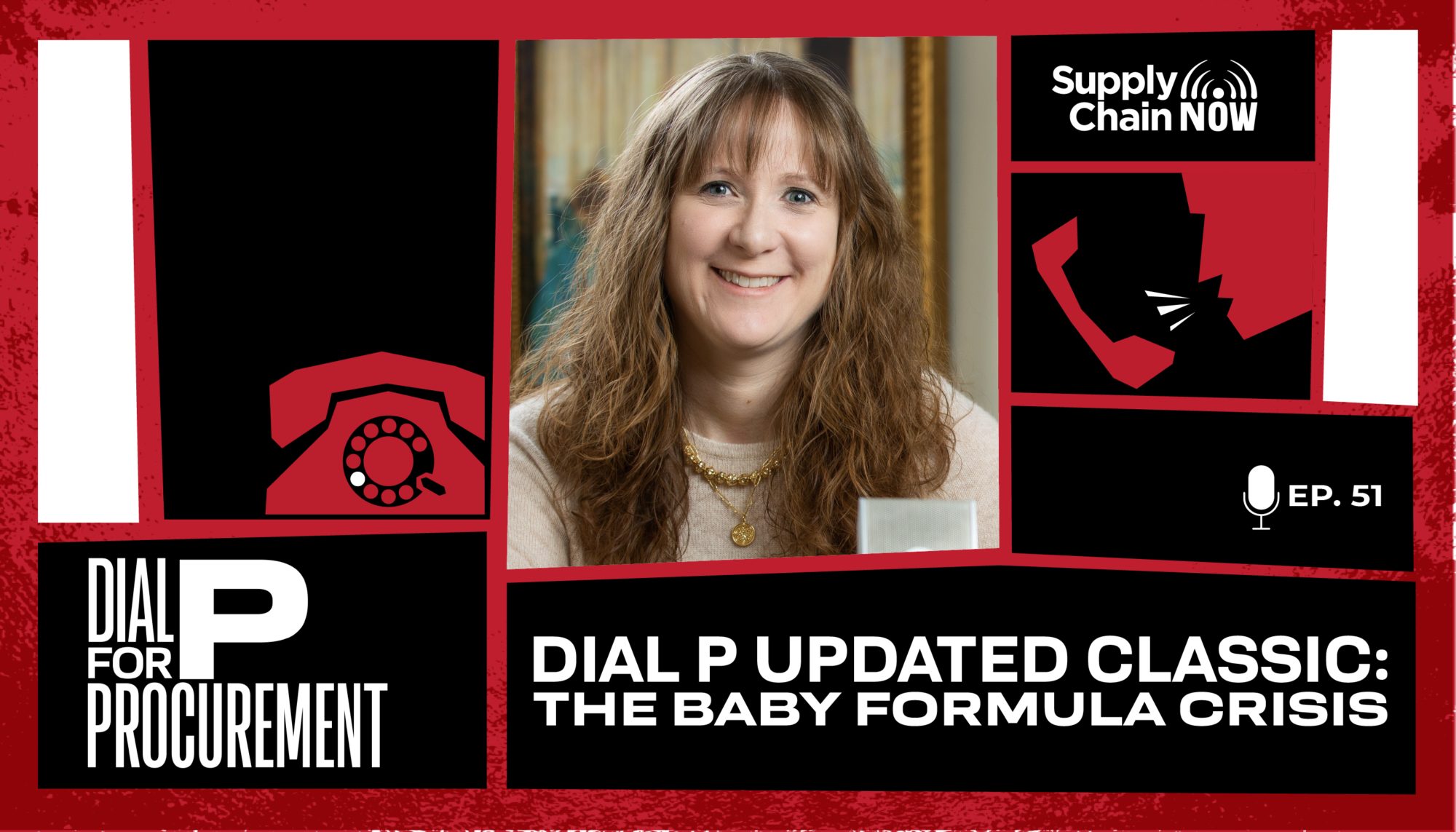
Many U.S. households are still struggling to find baby formula, almost a year since supplies thinned on store shelves and eight months after a nationwide recall.
- Wall Street Journal, Oct. 17, 2022
Episode Summary
Some of the stories Dial P covers during the year are so big, impactful, and educational, that they warrant revisiting long after they have faded from the headlines.
In this Dial P updated Classic, host Kelly Barner looks back at the baby formula shortage that rocked the nation earlier this year by providing a few updates to the story since we covered it in May. The most important update of all is that families, especially families with babies who have special nutritional needs, continue to struggle.
For instance:
– The baby formula shortage peaked in July – when the national average out of stock rate was 31%. As of October, out of stock rates are down, but still double what they were before the Abbott facility closed and recalled a significant volume of product.
– The Abbott plant in Sturgis, MI reopened on July first – after an additional two-week delay due to heavy flooding at the facility.
There are no signs that the WIC (Women Infants and Children) program is being reexamined for the role it played in causing this crisis by driving supply concentration with its one-provider-per-state bidding strategy.
Episode Transcript
Kelly Barner (00:00):
Hi there. This is Kelly Barner, your host for Dial P here on Supply Chain. Now, some of the stories we cover during the year are so big and impactful and educational that we try to stay on top of them even after they have faded from the mainstream media headlines in this Dial P updated classic, we are going to revisit the baby formula shortage that rocked the nation earlier this year. Here are just a few additional points to bring this story up to date. This episode was originally released in May, but the baby formula shortage would not peak until two months later in July when the national average out of stock rate was 31%. The most recent data we have is from October, and as of then we are still seeing an average out of stock rate at about 18%. Now, that’s considerably down from July, but it is still nearly double the rate recorded before the Abbott plant recall en closure.
Kelly Barner (01:04):
So while most of us have moved on from this story, families are still struggling to feed their babies. Now, speaking of that ABD plant, they did reopen on July 1st, an important event which was delayed for two weeks because of heavy flooding at the facility. Now, perhaps the most unbelievable thing about this story is actually a lack of update. I could find no evidence the Women in Infants and Children program was being reexamined for the role it played in causing this crisis by over centralizing supply. Now you know, I call for feedback, so if you’ve heard something I haven’t, please get in touch and let me know. What I do think is that once you’ve heard the full episode, you’ll be just as surprised as I am that we haven’t heard more re discussion of their role. The federal government currently seems more interested in making it easier to import baby formula from abroad than it does in increasing levels of competition here at home. That said, here is hunting for the true source of the baby formula shortage, a Dial P updated classic.
Intro/Outro (02:17):
Welcome to Dial P for procurement, A show focused on today’s biggest spin supplier and contract management related business opportunities. Dial P investigates the nuanced and constantly evolving boundary of the procurement supply chain divide with a broadcast of engaged executives, providers, and thought leaders. Give us an hour and we’ll provide you with a new perspective on supply chain value. And now it’s time to dial P for procurement.
Kelly Barner (02:47):
Hi there, and thanks for joining me for Dial P for procurement, part of the supply chain. Now family of shows. I’m Kelly Barner, a career procurement practitioner with a love for business news and most of all good ideas no matter where they come from In addition to video interviews and live streams, I’ll join you each Thursday to share my point of view on a current news story that presents an interesting twist for business leaders or a new way of looking at a common challenge. Before I dig into this week’s topic, and it’s a big one, we’re also building out dial p’s independent following. So no matter where you encounter this podcast, give us a review like share, and if you’re using a podcast app, please click as many stars as you feel so moved. To give us five is nice, thank you in advance for being an active part of our listening community.
Kelly Barner (03:47):
And now for today’s topic. By now, supply chain pros are used to our field being in the news, the latest drama baby formula. Parents all over the country are freaking out and quite understandably, I’d been watching the story you can’t have the news on and not know what’s going on, but I wasn’t overly focused on it, truth be told, I didn’t think it was ready for me to dig into it yet. Then I talked to Maureen Wilger from Vector Logistics and she encouraged me to take a closer look. So I did. I started with the obvious news stories, the horrible sadness, parents talking about bare shelves, the amazing pictures of stores just completely wiped out of stock. And in every article there was a comment about of course, supply chain problems. And the more I looked for details, what I found was that it was the pieces of information that weren’t there that were the most interesting, and that is what hooked me.
Kelly Barner (04:57):
So a big huge thank you, first of all to Maureen for pushing me to look into this more closely. For those of you listening in, bear with me. This is a really big story. It actually goes back timeline-wise a lot further than I expected when I started doing my research. So I’m gonna do my best to prevent you with this information in a logical order, but there’s a lot here. So if you have any questions after you’ve listened, please reach out and I will be glad to share some of my sources in the articles that I read. So first, the basics. There are four domestic producers of baby formula that make up 89% of the US market. There’s Abbott Labs. They make Similac, they represent 43% of the market wreck, Ben Kisser, they make Enfamil, they’re at 37% and then rounding that out, we have Nestle who makes Gerber and Pergo who makes the brand or private label formulas.
Kelly Barner (06:00):
So it’s just those four producers that basically are creating all of the formula that’s gonna be really important as we go through what caused the disruptions we’re seeing today. Now, at a very high level, again, knowing there are a lot of procurement and supply chain professionals in this audience, it’s not what you’re hearing about first in the news, but the Bull whip effect has been in play with baby formula since the pandemic began. So in 2020, parents started hoarding formula like toilet paper, not because there were necessarily any reported problems, but just because that’s something you don’t want to be stuck without. Therefore, in 2021, demand eased because there was so much oversupply out in the market and parents were starting to exchange locally if their child got to the point where they weren’t eating the formula anymore and and they were able to pass it off to a friend.
Kelly Barner (06:53):
And in response to that, producers eased off on their production. Now, 2022, it hasn’t been officially declared yet, but according to some sources, it looks like we may be at the start of a baby boom with a greater number of mothers than before turning to formula to feed their babies. So we’re coming off recessed production and demand is going way up. You’ve probably heard a lot about the month by month out of stock numbers. So according to the tracking site data assembly, I went back to November. That’s the month where most of these news stories are referencing In November, out of stock rates started to tick above the 10% level, which is considered not acceptable. But the point below which there’s not a panic, it was back in November of 2021, that out of stock hit 11%. So that was the very first time this hit the radar screen for most Americans.
Kelly Barner (07:57):
By December it was at 15%. Early January it was around 20%. By February it had hit mid twenties. By March it was in the thirties. Now we know as of April 24th when this story was in full swing, baby formula was running average out of stock rates between 40 and 45% in most states. But there are a handful of states, Iowa, South Dakota, North Dakota, Missouri, Texas, and Tennessee, those out of stock rates are over 50%. Now, a quick note on these out of stock rates, because we do facts here and not hype, what do we actually mean when we’re talking about out of stock percentages? Those are measured by SKUs, right? Sku. So it’s 40% of SKUs that are out of of stock, not 40% by volume. And part of why that’s so important is because like any other product, there are a couple of SKUs of this product across brands that run right down the middle of the road.
Kelly Barner (09:08):
They’re sort of the common case formula. A lot of the stories that we’re hearing about are parents who have infants with special nutritional or digestive needs. They might have another illness that requires them to have a specific type of formula, but when you think of out of stock rates being based on skews, think even rows in the supermarket or target or cvs, the out of stock rate is per type, not necessarily simply how many containers. The average out of stock rate, as I had mentioned over time is about 10%. And so when we saw that 11%, now keep in mind nobody was following it yet at that point. So things had started to rise before people were necessarily watching. Now we come to the other part of the story that has gotten most of the focus over the last few weeks. There was a highly publicized plant closure, right?
Kelly Barner (10:02):
This one plant in Sturgis, Michigan that produces an enormous percentage of the formula used in the us but that didn’t happen until February. We now know because we’re tracking the data. There was a problem months before that plant went down and their inventory was pulled back and there was a recall taking product out of parents’ homes. So here’s the timeline on the plant closure, and this too goes back a lot further in history than you would think to read the new stories today, you would think, okay, the plant was closed in February of 2022. Maybe there’s something going back to September of 2021 and the September part is right, but to actually get the beginning of this story, we have to go all the way back to September of 2019. The regular FDA inspection of the Sturgis Michigan plant that happened in September of 2019 noted that Abbott at that time was not testing a representative sample of the product at the final stage before distribution to discover quality issues.
Kelly Barner (11:12):
So anyone that’s in manufacturing knows that quality inspections, especially around food, are supposed to happen at multiple times in the production process, especially with something like Baby Formula. The inspections that happen closest to distribution are the most important because that’s where you’re gonna have the most control over the product that goes into stores, family homes and baby’s mouths. And the sample that they were testing was not enough in the FDA’s belief to catch potential quality issues. So that was September, 2019. In 2020, that plant was not inspected because of the pandemic. So they went a full two years from September of 2019 to September of 2021 before there was a subsequent inspection, even though there was a quality testing issue documented by the fda. Now when the FDA arrived in September of 2021 to do their inspection, they uncovered unsanitary conditions that had clearly either existed or gotten worse over the two years because there had been no inspection.
Kelly Barner (12:21):
They filed their report, but publicly not a lot happened. It wasn’t until October of 2021 that a whistleblower came forward making allegations of lax cleaning practices of the company, falsifying records of them releasing untested formula and of the company hiding information from the FDA audit. Now that is all ongoing. That is simply the report from the whistleblower that did however spur the FDA to act as well as the company. At that point, Abbott began the Similac product recall. Unfortunately, enough of the product was out there that infants had begun getting sick. In fact, the contamination led to an illness and there are allegations were being careful here that two infant deaths resulted from consuming the formula at that point. There is also a total shutdown of the Sturgis Michigan plant in early March. The scope of the recall was increased to include more batches of product.
Kelly Barner (13:30):
At this point, Abbott has denied responsibility for the infant deaths and Abbott and the FDA have yet to come to an agreement that would allow the plant to reopen. Now, what Abbott has said is that it will take two weeks to bring the plant back online and then it will take six to eight weeks beyond that for their product to actually be going on store shelves. So we’re talking about potentially a 10 week delay that’s rolling forward every day that that factory is not safe to be open. There’s a 10 week rolling delay. If you are one of those parents desperately trying to get formula, that is certainly not what you wanna hear. So now that the attention around this formula shortage has reached a fevered pitch, we read the same thing in nearly every article, some version of inventory shortages starting in November due to supply chain issues that of course was exacerbated by the recalls and plant closure and that type of news coverage makes me crazy because if we don’t get anything more specific then supply chain issues, those of us in the field know that it could mean so many different things.
Kelly Barner (14:41):
It might also in some ways have nothing to do with the supply chain itself, but with different players within the supply chain. So sometimes these things require a little bit more research. I personally like specifics, so I went back through the Wall Street Journal month by month looking for relevant stories. I didn’t go as far back as September, 2019 because we know nothing was being reported publicly at that point. What I did do is go back to September of 2021 when we know the FDA inspection happened in advance of the whistleblower and in advance of the out of stock rate hitting that 11%. That triggered people starting to be concerned, at least in the Wall Street Journal. I did not find a news story about concerns over formula being out of stock until January 12th, 2022 in an article titled Baby Formula is hard to find, brands and stores are divided over.
Kelly Barner (15:43):
Why? Now, this is maybe where some of the supply chain blame is coming from at this time. There’s not really discussion of the plant. What we read is that retailers like CVS and Walmart were blaming manufacturers and manufacturers were blaming retailers because of labor shortages of not getting the product that they had out on store shelves. Quickly enough. The Infant Nutrition Council of America, that’s an industry group representing baby formula manufacturers, blamed logistics providers and consumers, which is always a classy move. We do know that people had bought an excess of this product, but by 2022 we should have worked through that. And famil tweeted out that they were having trouble with production and shipping and claimed both on the pandemic. Abbott talked publicly about intermittent slow shipping and expected their issues to have improved in the coming months. Now that was at least four months ago and a month prior to them closing the Sturgis Michigan plan.
Kelly Barner (16:49):
Even beyond the involvement of the fda, the government is very heavily involved in infant formula, and this was something that I didn’t previously know. So if you are familiar with wic, WIC is the Federal Women Infants and Children Assistance Program. I used to work in a supermarket. I remember when the checks would come through. It’s a very detailed process for redeeming these pro, these vouchers for food. Here’s the interesting thing, WIC is federally funded, but it’s administered at the state level. Relevant here is that 60% of all US BABY Formula is bought through the WIC program, which is run by the Department of Agriculture, and it has led over time to market concentration. So here’s how it works. Each state individually bids out their contract for their entire WIC voucher volume. Now, once the contract is signed, the vouchers that go out specify brand and container size, Abbot that makes Similac is currently the supplier for over half of the agencies administering wic.
Kelly Barner (18:02):
So if 60% of all formula purchased in the US is associated with the WIC program, half of that is associated with Abbott based on those state level contracts. Now, the Biden administration has called for states to loosen the requirements, meaning if you have a voucher and you live in a state and it says that you’re entitled to X ounces of Similac, but the store only has Enfamil, they’re trying to work out a way for that to happen. But these are legally binding contracts that are in place and we know how quickly contracts are changed. Unfortunately, all of this has led to panic buying, hoarding, and worst of all price gouging. A 12 and a half ounce container of formula makes about 15 bottles depending on the age and size of the infant. That’s just a few days. And of course, the other story that we’ve all been following is inflation.
Kelly Barner (18:59):
The average cost of the most popular baby formula products is up by about 18% over the last 12 months. So where does the supply chain come into this? Now we can think about it from the perspective of key ingredients, the sort of typical average. One of the mill baby formula consists mostly of dehydrated cow’s, milk, vitamins and lots of sugar. So it’s relatively simple products, but they have to be available in the right quantity and at the right quality level to be fed to infants. Some articles did mention packaging, so maybe the ingredients are available to make the formula, but the liner for the jar or the lid or the seal or the label isn’t. And so it’s holding up production. We of course know that labor shortages are an issue and that can affect multiple points in the supply chain. Now due to the news stories starting to begin in January, we know that Enfamil, the primary competitor to Similac was seeing an 18% surge in demand as parents started switching away from Similac.
Kelly Barner (20:10):
And the hard thing is there are only so many options for what we can actually do. Abbott is currently shipping inventory in from their FDA cleared plant in Ireland, and they’re trying to increase production at a second facility in Ohio. Pergo, that’s the company sort of fourth on the list volume-wise that I mentioned at the beginning of this podcast. They make the private label formula for Walmart and Target. They have stated publicly that they expect these shortages to last through the rest of 2022 and Infamil is increasing production as much as they can, but they’ve already been dealing with a surge. Now, the other thing that we’ve all been following, although it hasn’t come up specifically in a while, was the 100 day review of supply chains that the Biden administration kicked off immediately after coming into office. The initial report was released in June of 2021.
Kelly Barner (21:03):
Five months before that out of stock rate started to tick upwards to 11% in November. There is no mention of baby formula in that initial report that came out. Even above and beyond that subsequent reports were ordered. And so on March 9th, 2022, we get the sectoral assessment, the U S D A, agricultural commodities and food products ecosystem report. There was also no mention of formula in that. In fact, in that report, the only mention of infants was in a discussion of the WIC Farmer’s market initiative. Formula was still not on the radar screen. From the federal government’s perspective, drugstore chains like Walgreens and cvs as well as stores like Target in April, they started putting limits on how many baby formula products consumers could purchase at a time. And one of the retailers specifically mentioned that they did this at the request of the fda. The FDA asked them to ration product to five containers per customer per day.
Kelly Barner (22:10):
And very quickly, many retailers actually ratcheted down further than that limiting purchases to three containers. So what on earth are we supposed to do with this situation? So in the short term, and if you are a parent, the best you can, right? You reach out to family, you reach out to friends, you drive. If you have to, you call your pediatrician, please do not attempt to make your own formula. That is the number one thing. Every article agreed on. The danger if that is not worth the associated risk. But longer term for us as procurement and supply chain professionals, this is an acute and cautionary tale that we’ve at least we should have been able to see it coming for years resulting from the over concentration of markets. We talk about this in procurement all the time. In the past, all that mattered was leveraging the maximum volume or demand so that you could price, leverage and drive down prices as much as possible.
Kelly Barner (23:12):
And that has led to concentration in a lot of markets because companies and suppliers were looking for efficiencies of scale. Once you have a supplier in an industry like this that represents 43% of national production, you have a critical item and you are basically asking for trouble at that point. You are expecting supply chain failure. Now, government oversight of the mind that we shouldn’t be necessarily looking to the government for solutions. But from an inspection standpoint, I think it’s fair to ask, ask why it took so long for news to become public, why follow ups were not done, why two years worth of infants were consuming formula from a factory that the government knew was not properly quality testing. So unfortunately, the government, the way it is structured is slow to respond and it proved to be ineffective when it came to preventing issues as professionals.
Kelly Barner (24:10):
Therefore, we need to have a new way of looking at and determining what’s an essential product. I have three kids. My heart breaks for parents with young children trying to feed their babies. It really puts the toilet paper shortages that we now sort of joke about into perspective. We need to be aware of the intent behind quality testing. We need to take a broader perspective on what should be produced by how many companies. I mean, we’re looking at this from a corporate standpoint now. How much of a company’s demand do we want dependent on one supplier at the first tier, and we’re starting to investigate at the second tier. Clearly, that same kind of thing needs to be done with infant formula being a very sad example. Now, that’s my point of view and that’s the research I did on what has proven to be an incredibly difficult story.
Kelly Barner (25:06):
We’re still watching it play out, and based on what producers and retailers are saying, I don’t think we can expect this story to go away anytime soon, but we will continue to follow it because there are both additional developments that are yet to break and additional lessons for us to learn whether we work in supply chain procurement, retail, manufacturing, distribution, there are lessons we need to learn from what has happened here. That’s my point of view anyway, but if you have feedback on any part of what I’ve shared today, please don’t sit silent and just listen. Join the conversation. All voices are welcome. Until then, thank you for listening to this audio episode of Dial o p for procurement. Please join the conversation and let me know what you think on this topic or others. Let’s work together to figure out the best solution. Until next time, this is Kelly Barner for Dial o p for procurement on supply chain. Now have a great rest of your day.
Intro/Outro (26:08):
Thank you for joining us for this episode of Dial P four procurement and for being an active part of the supply chain now community. Please check out all of our shows and events@supplychainnow.com. Make sure you follow Dial P four procurement on LinkedIn, Twitter, and Facebook to catch all the latest programming details. We’ll see you soon for the next episode of Dial P four, procurement.
